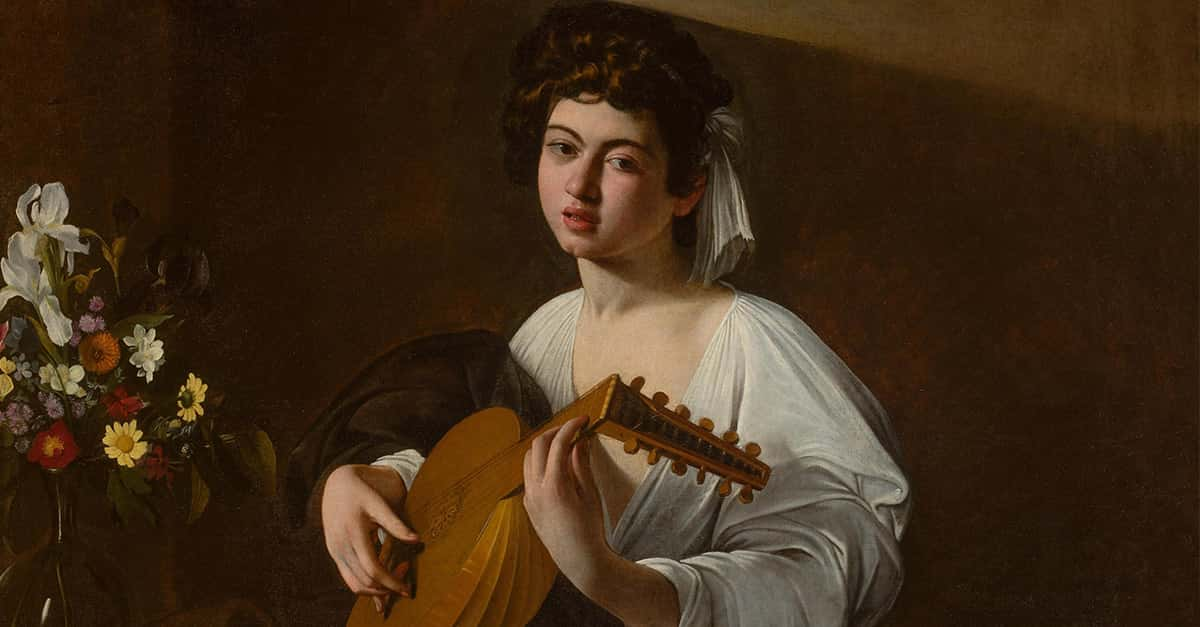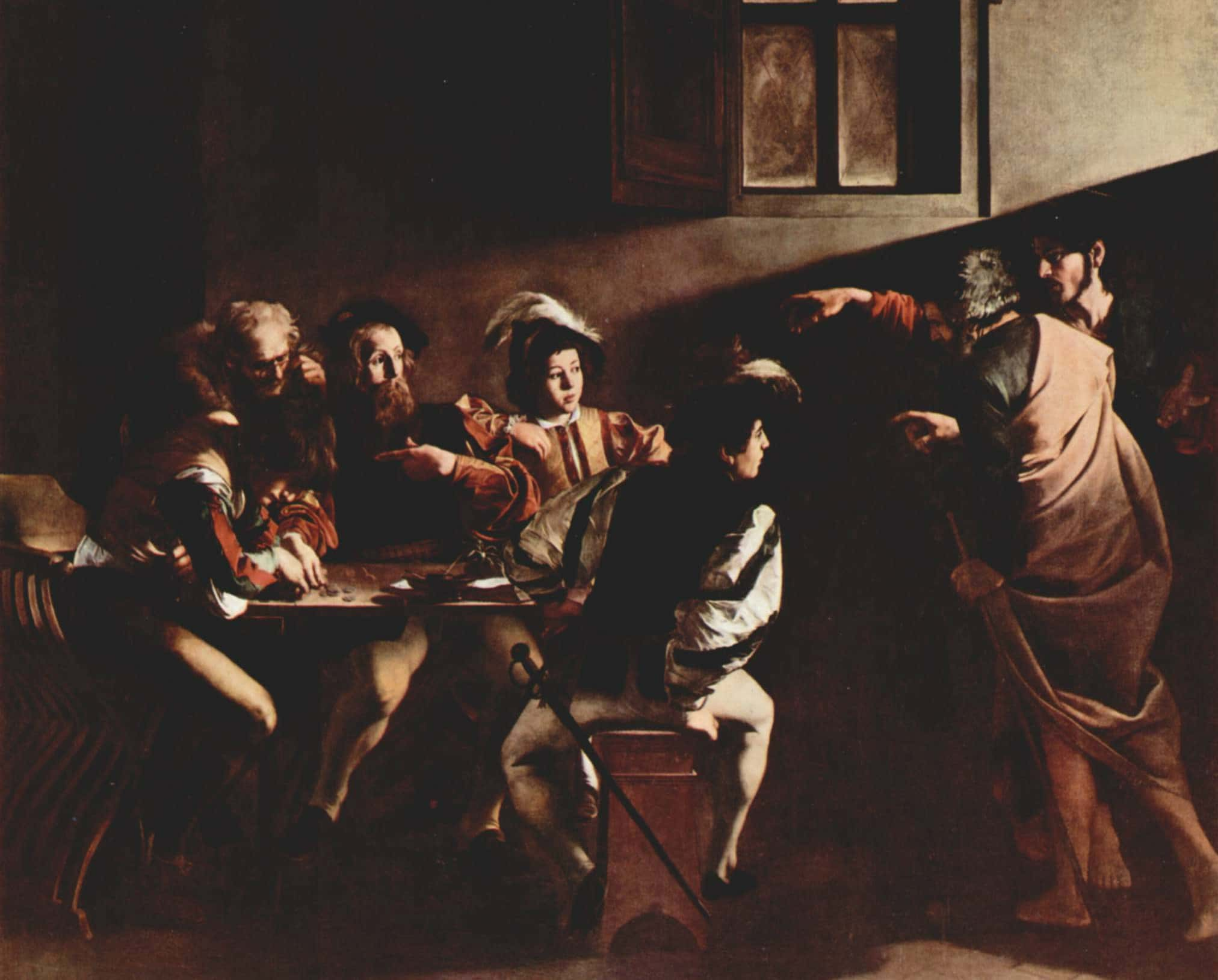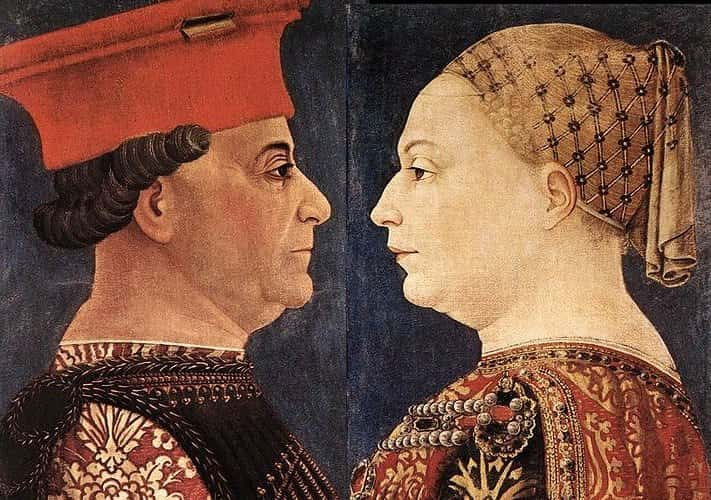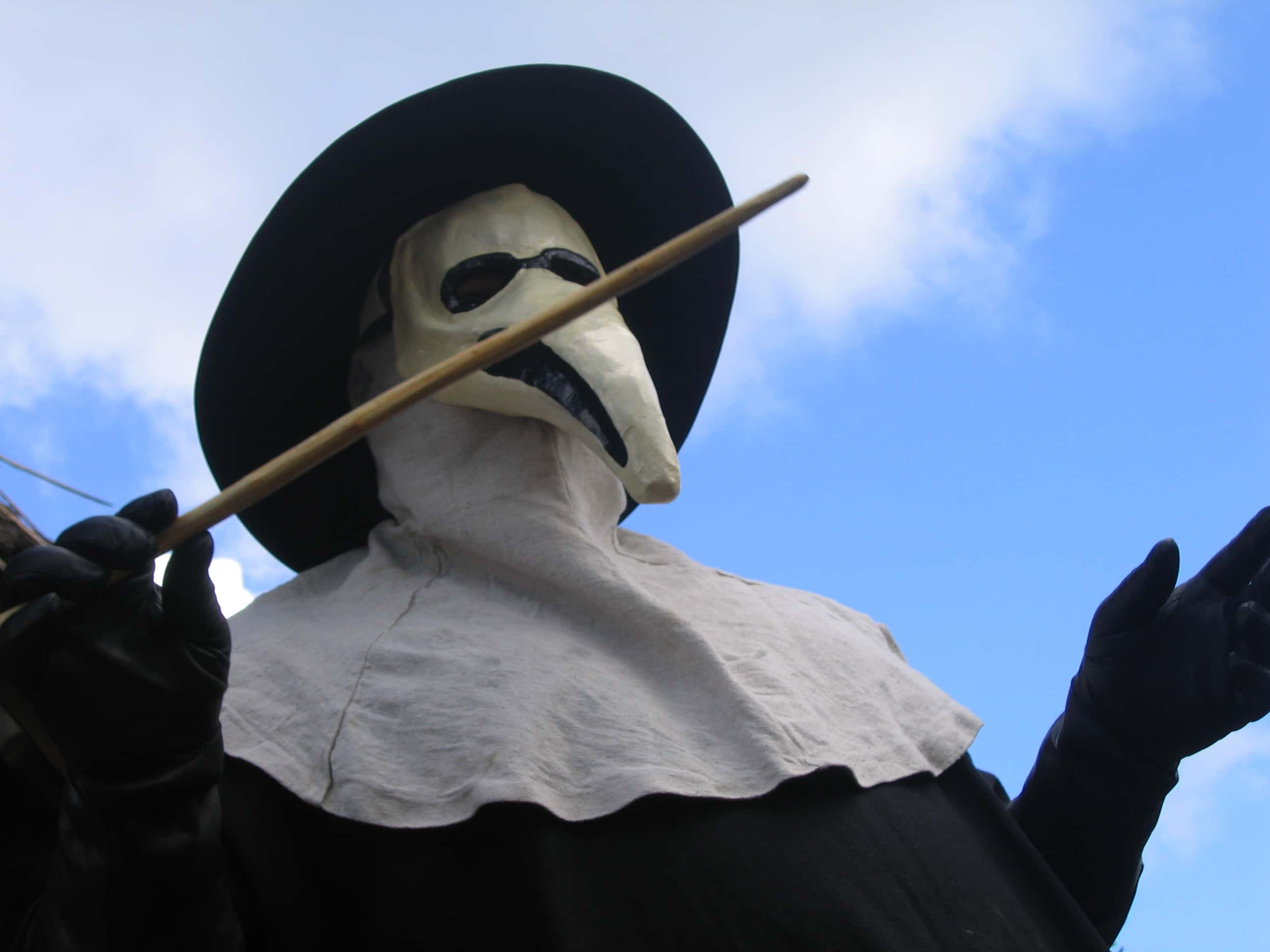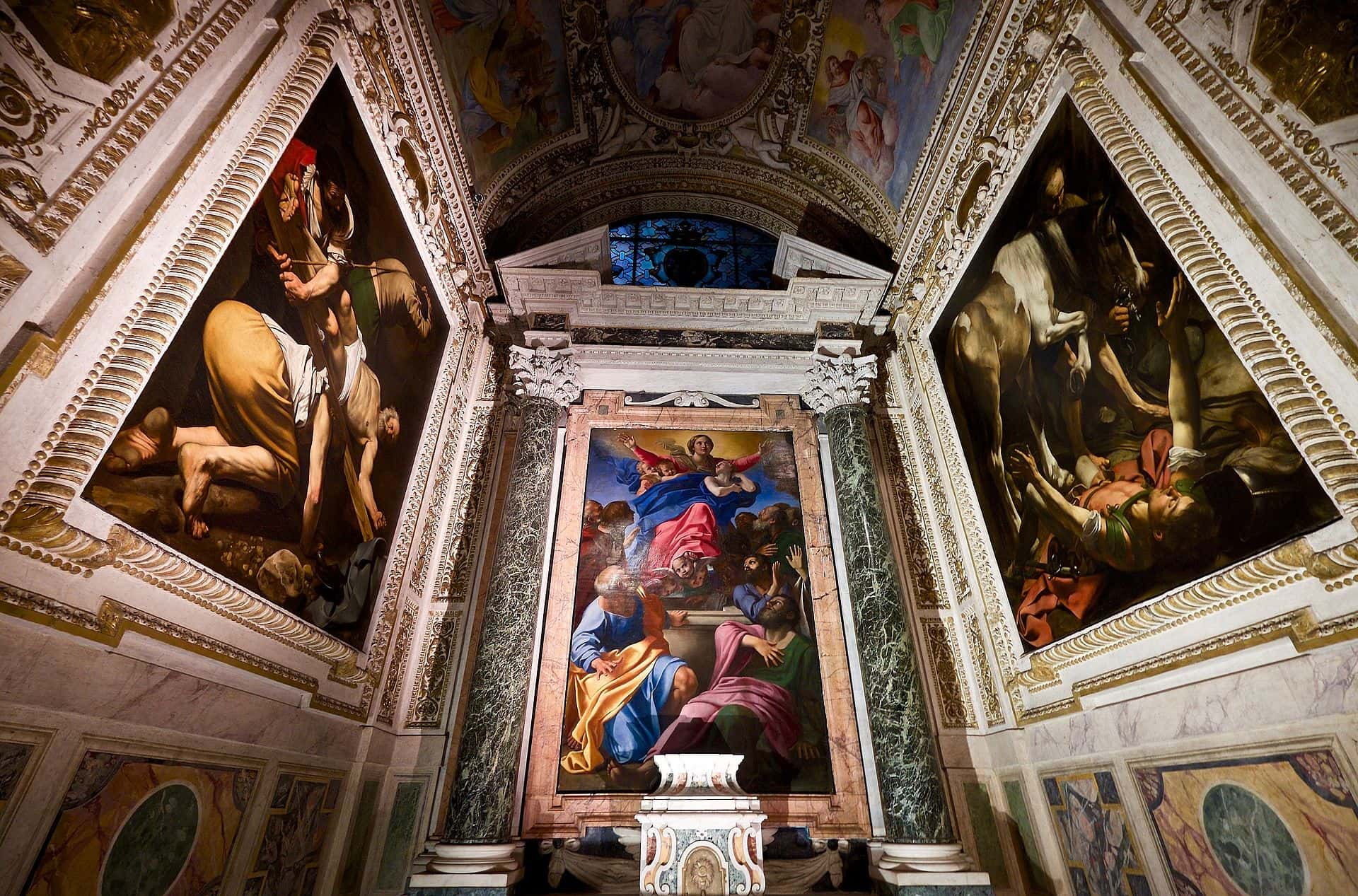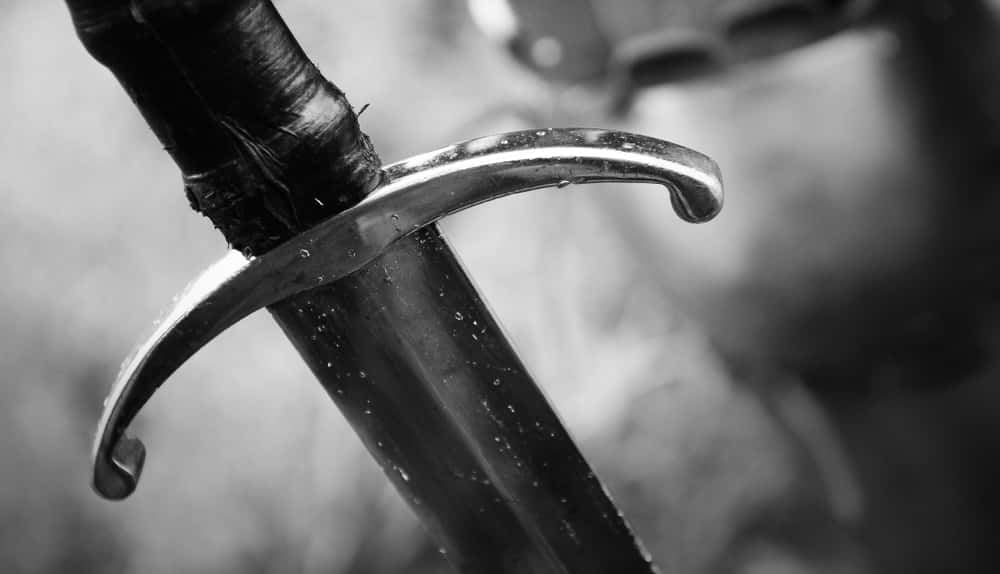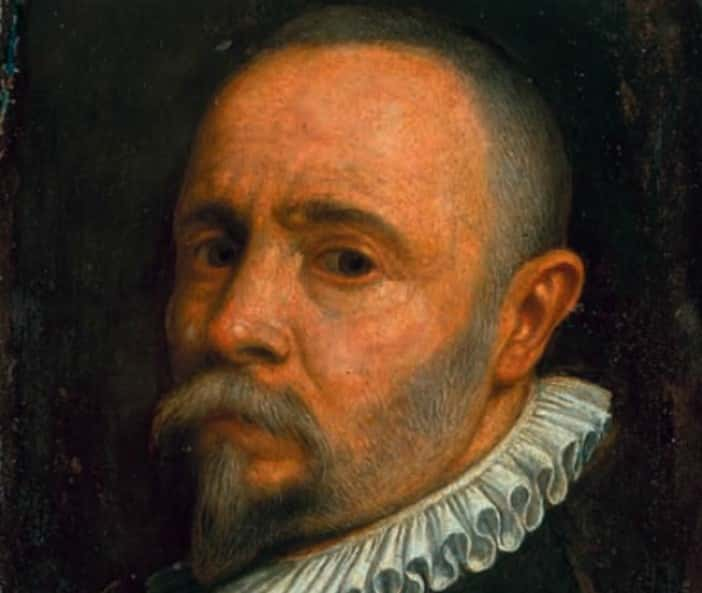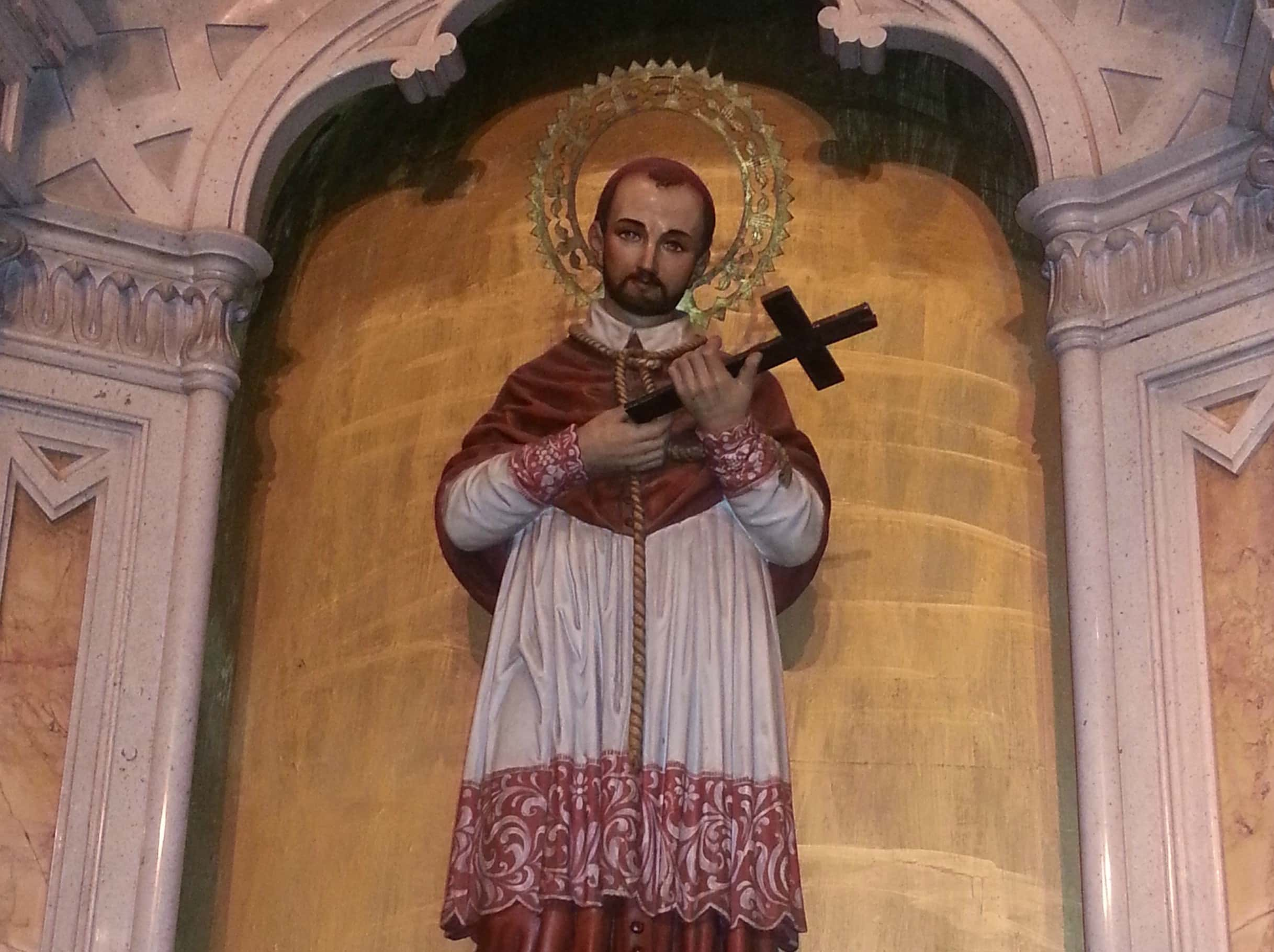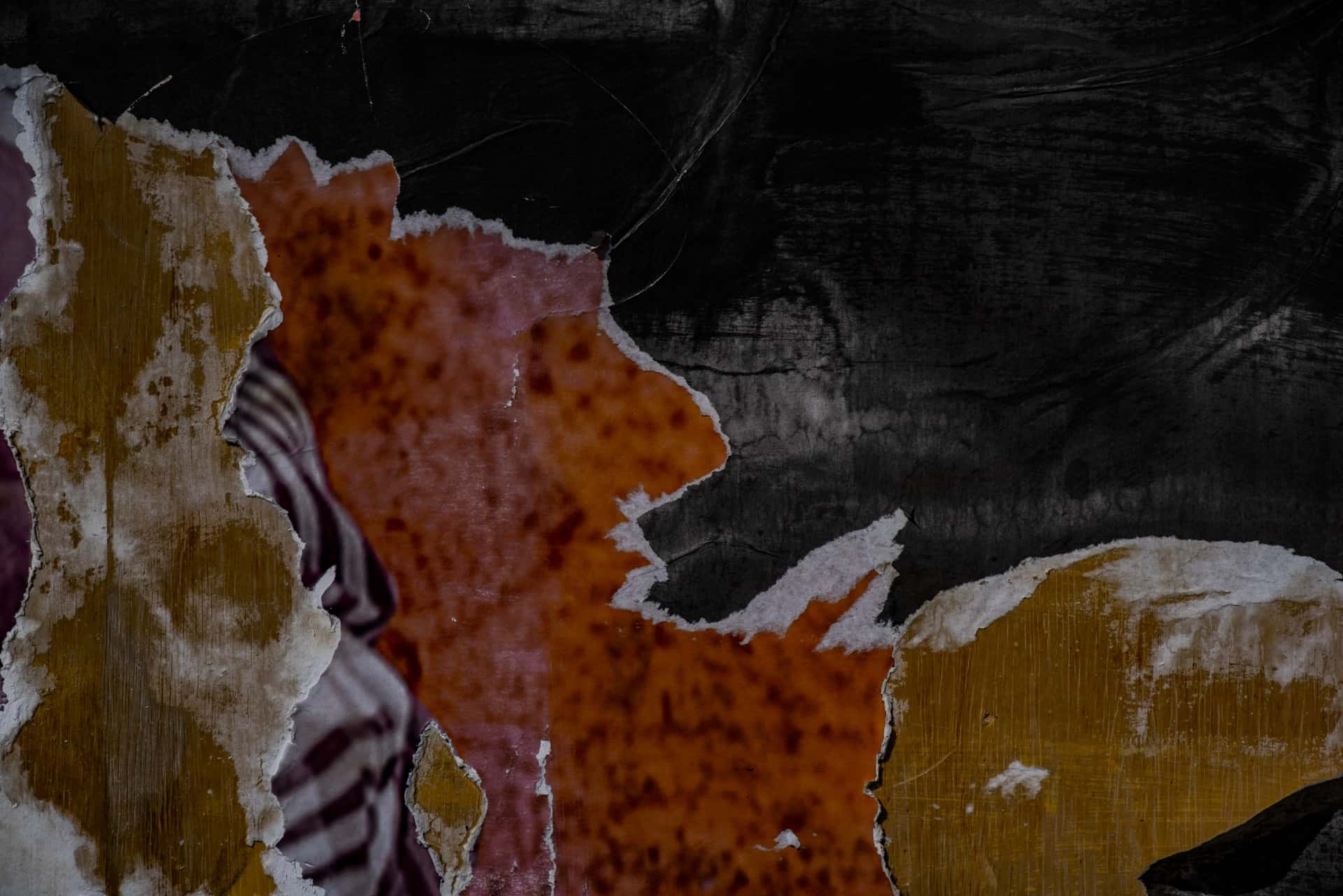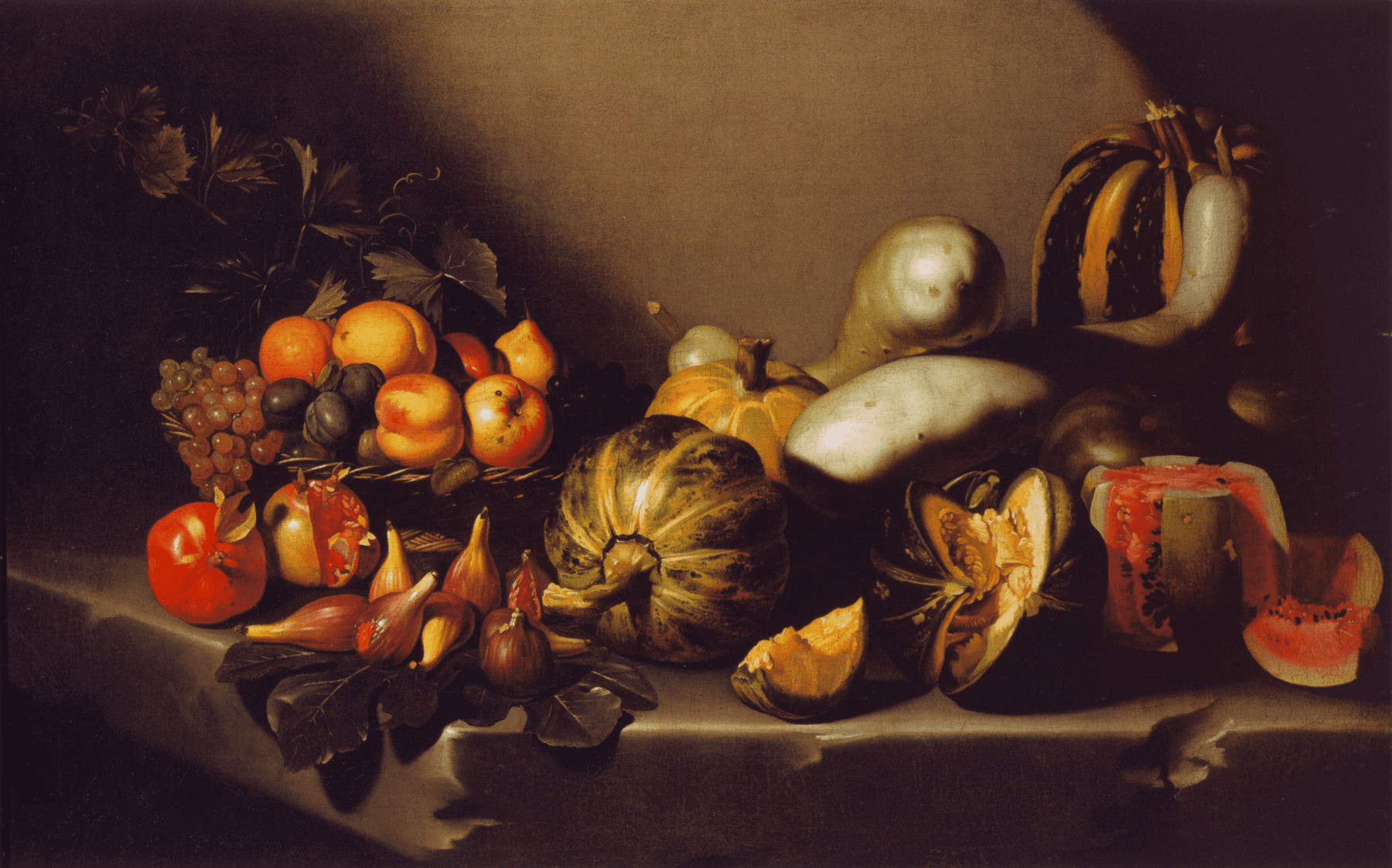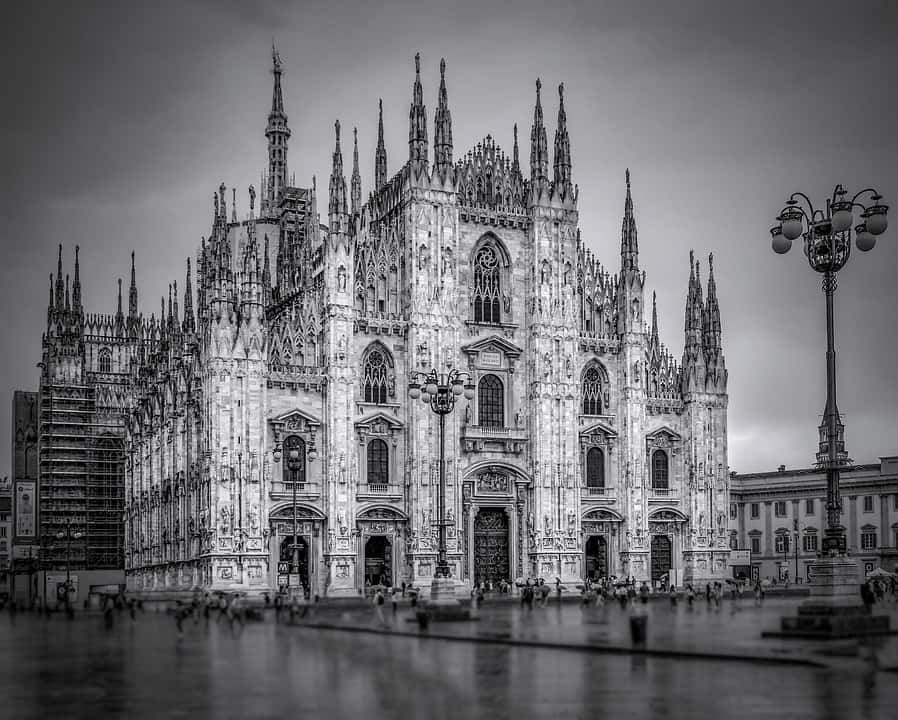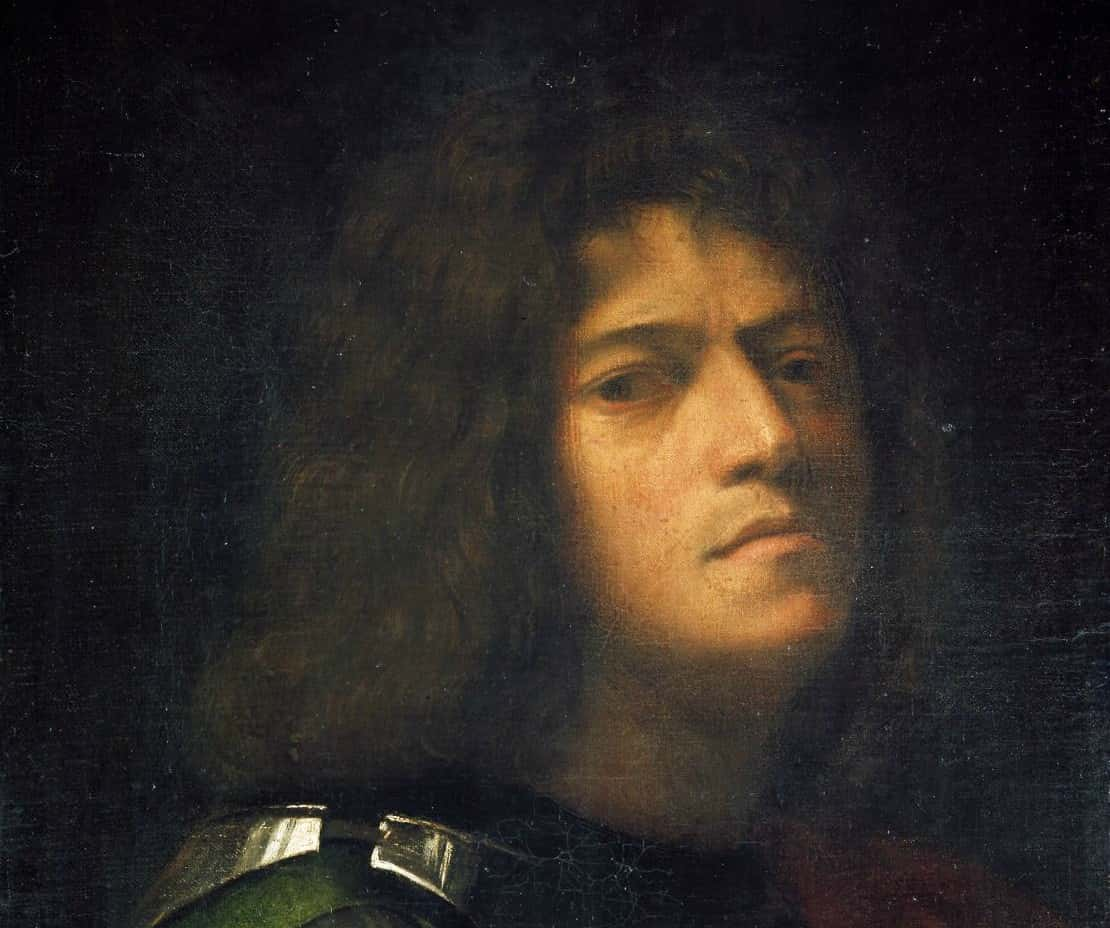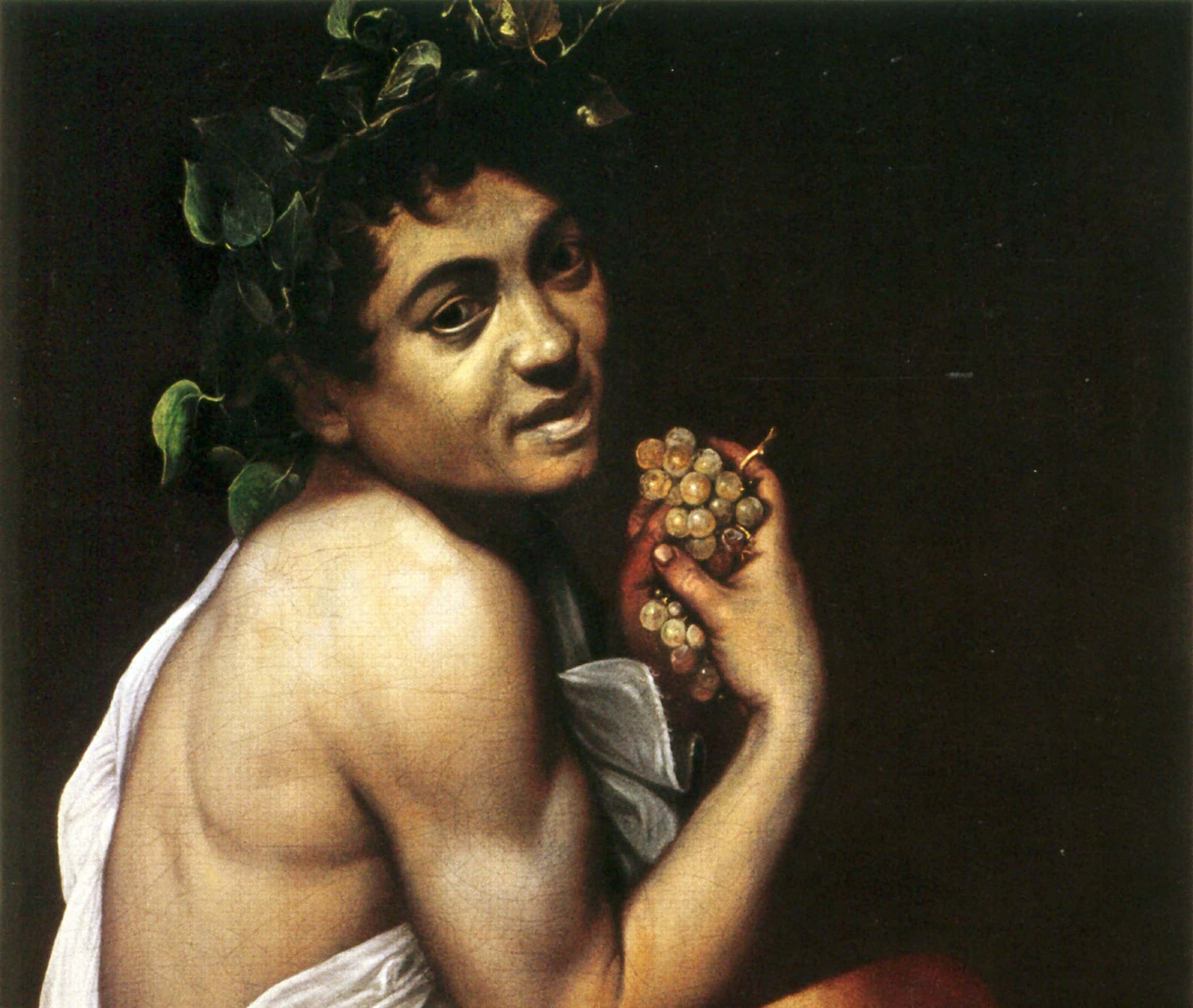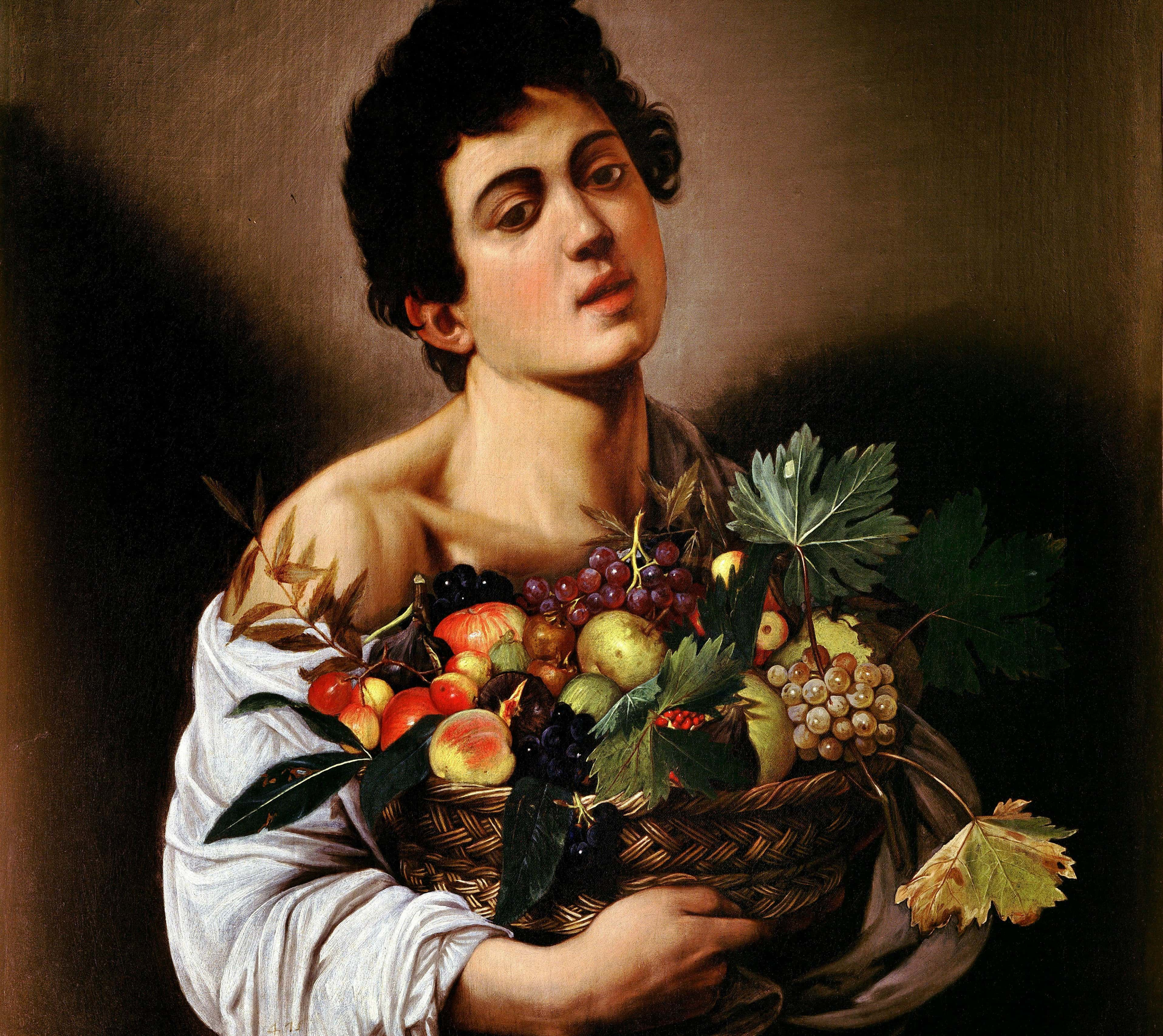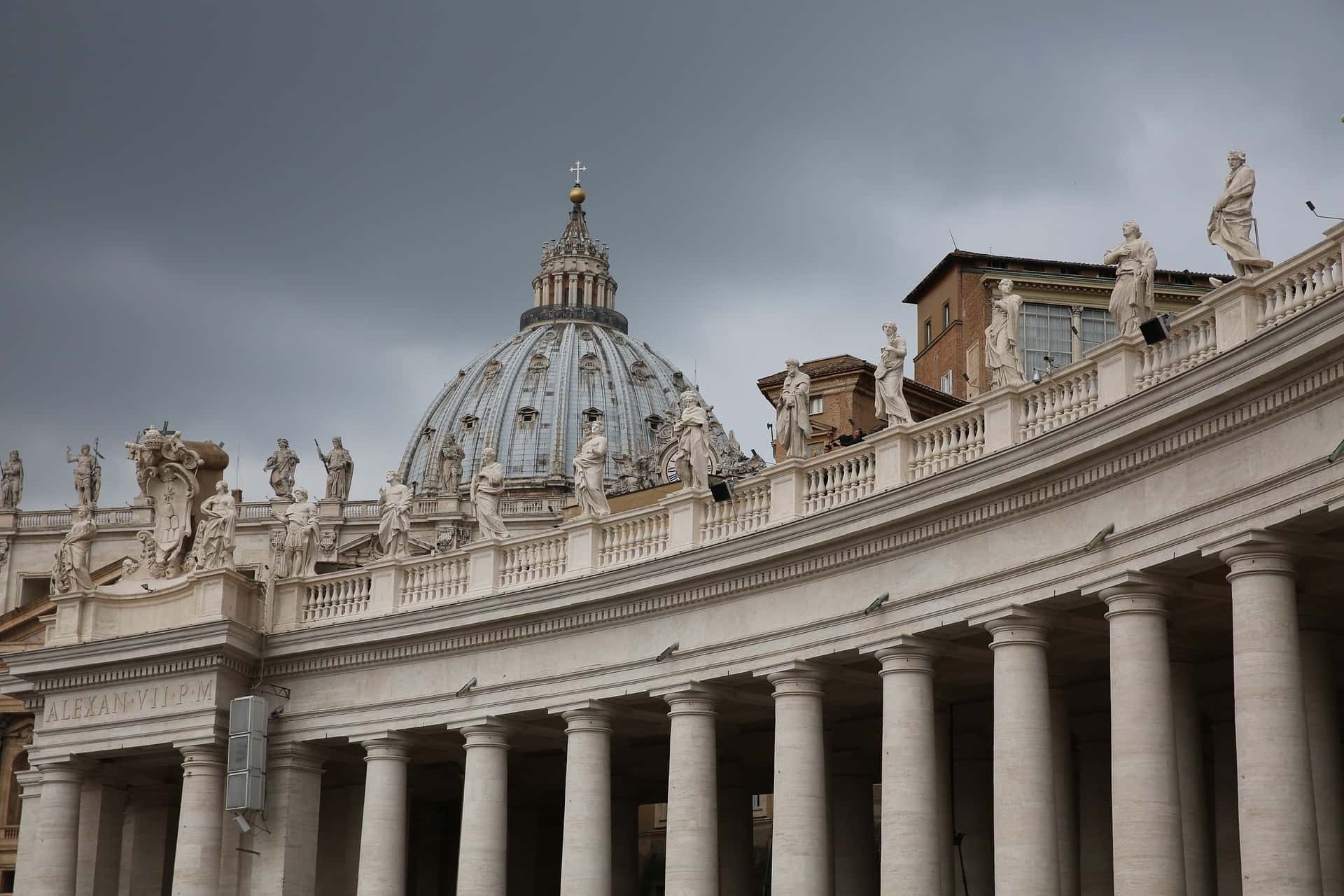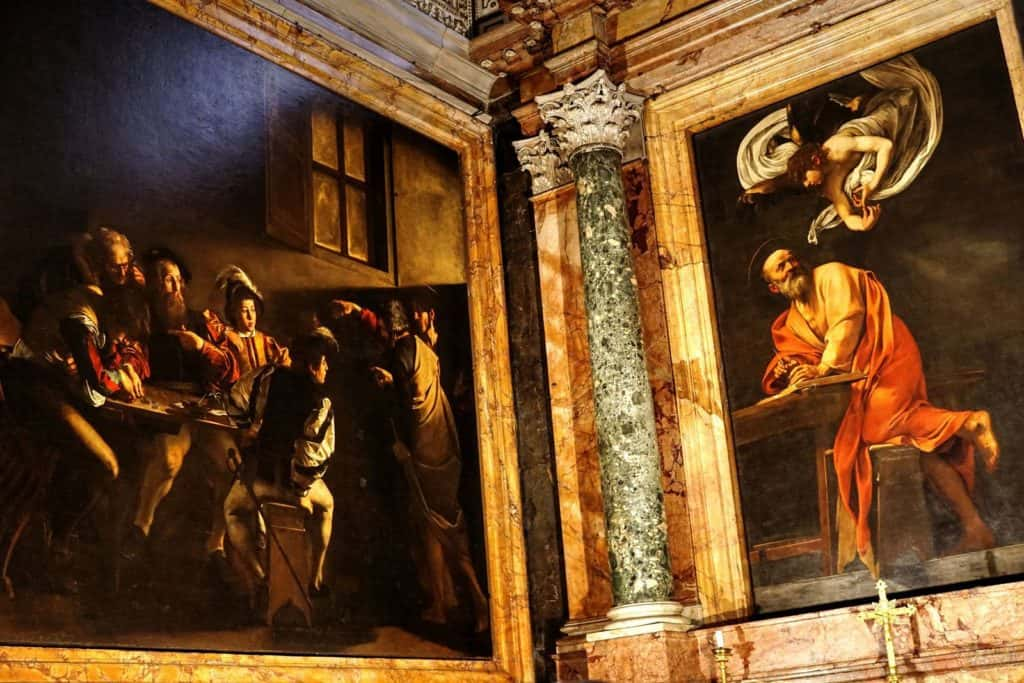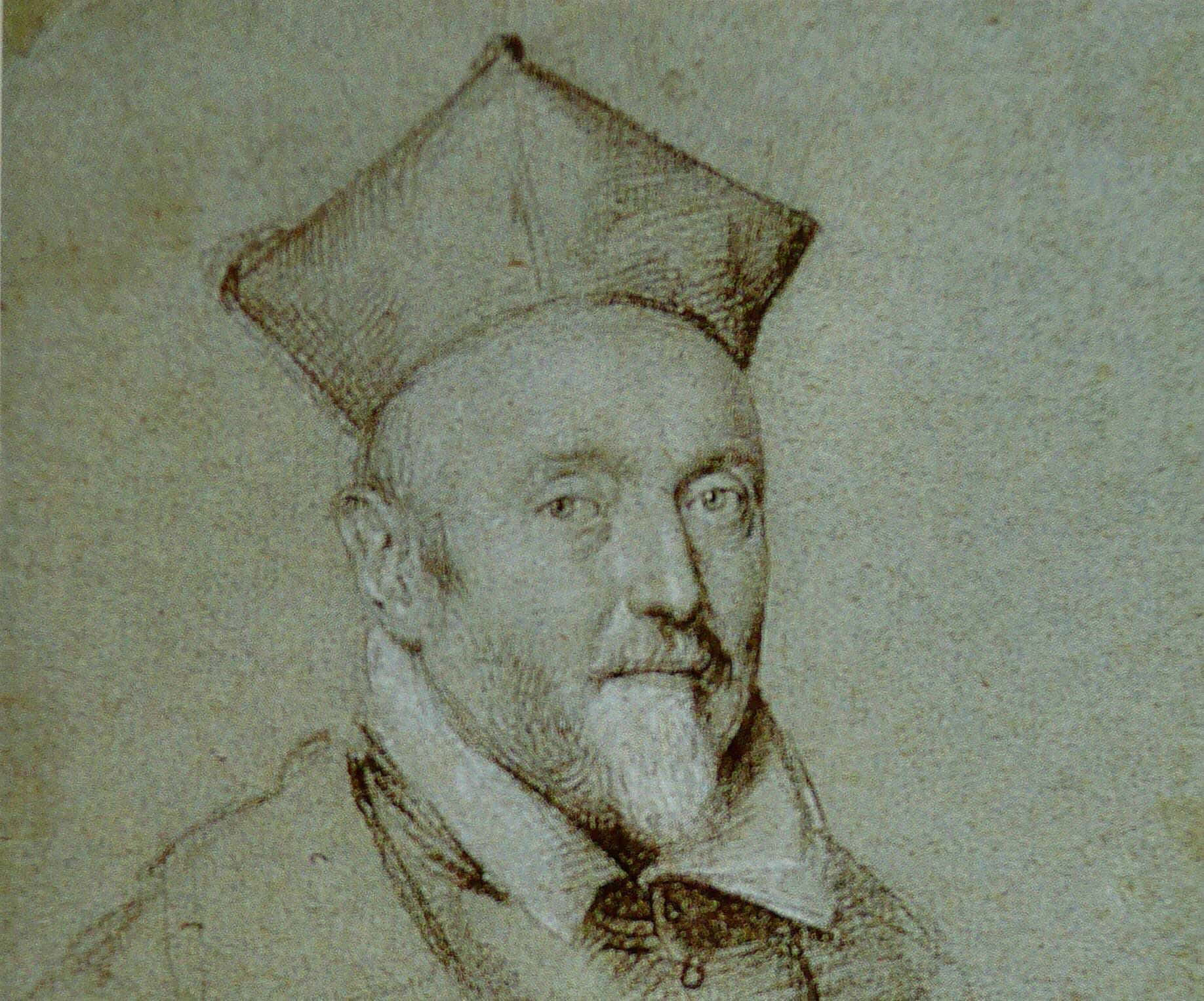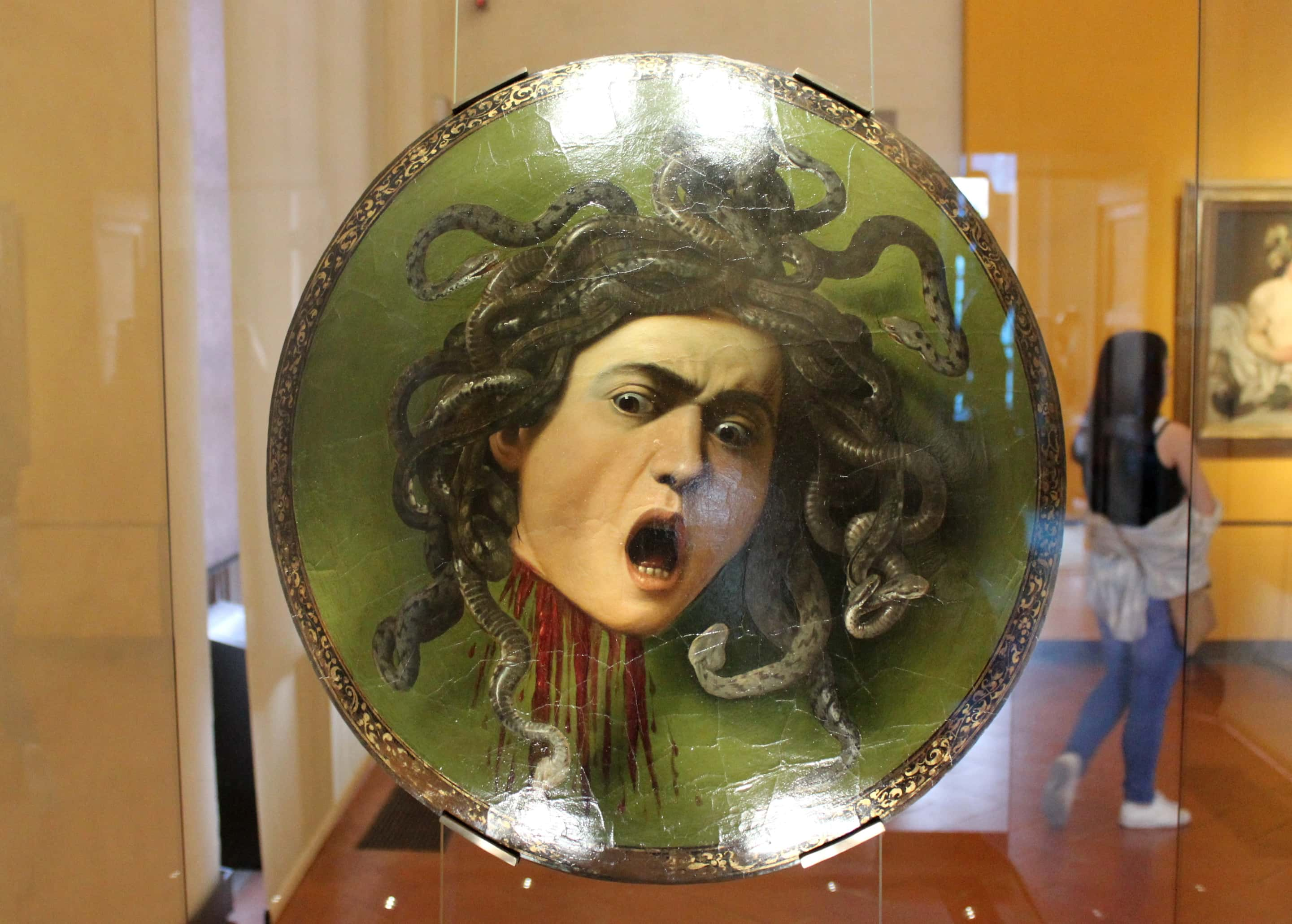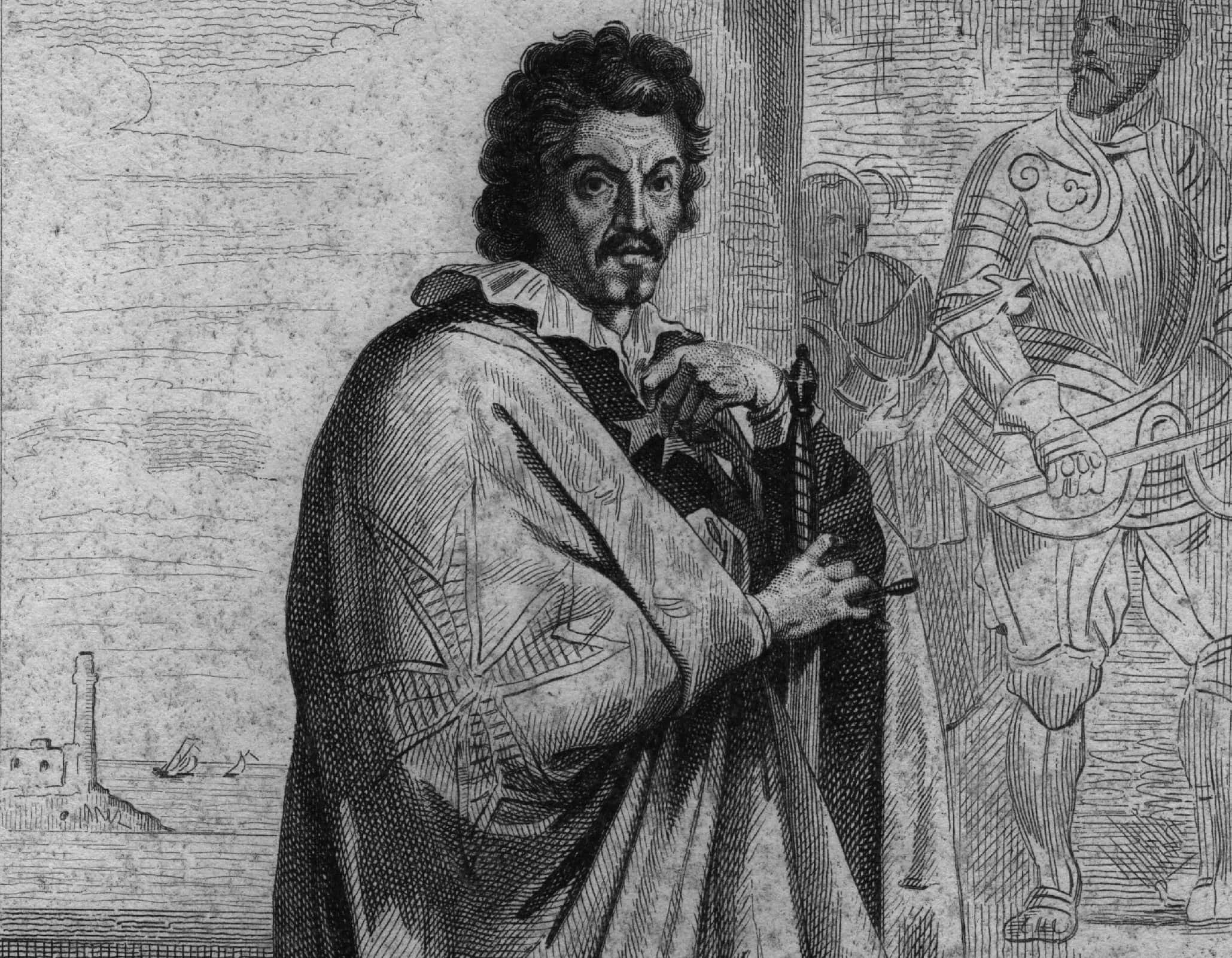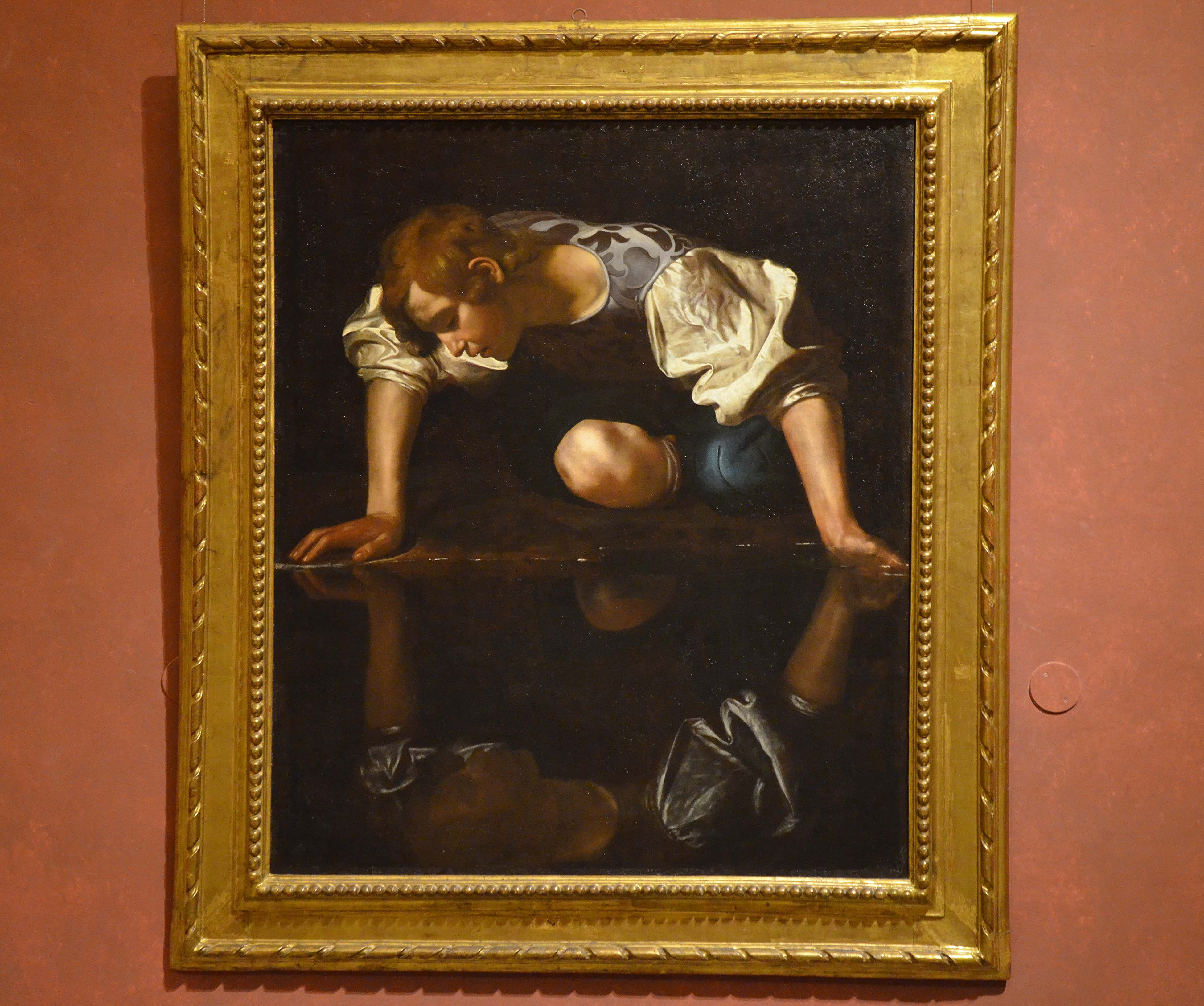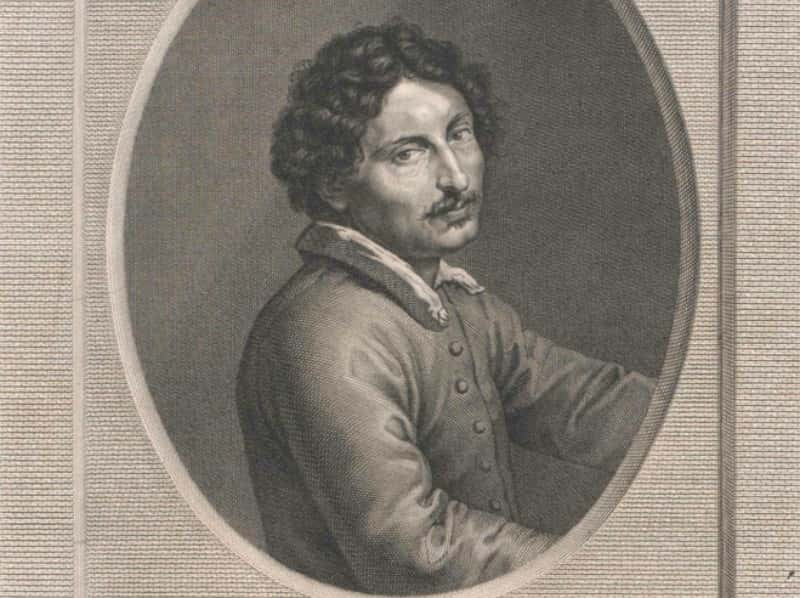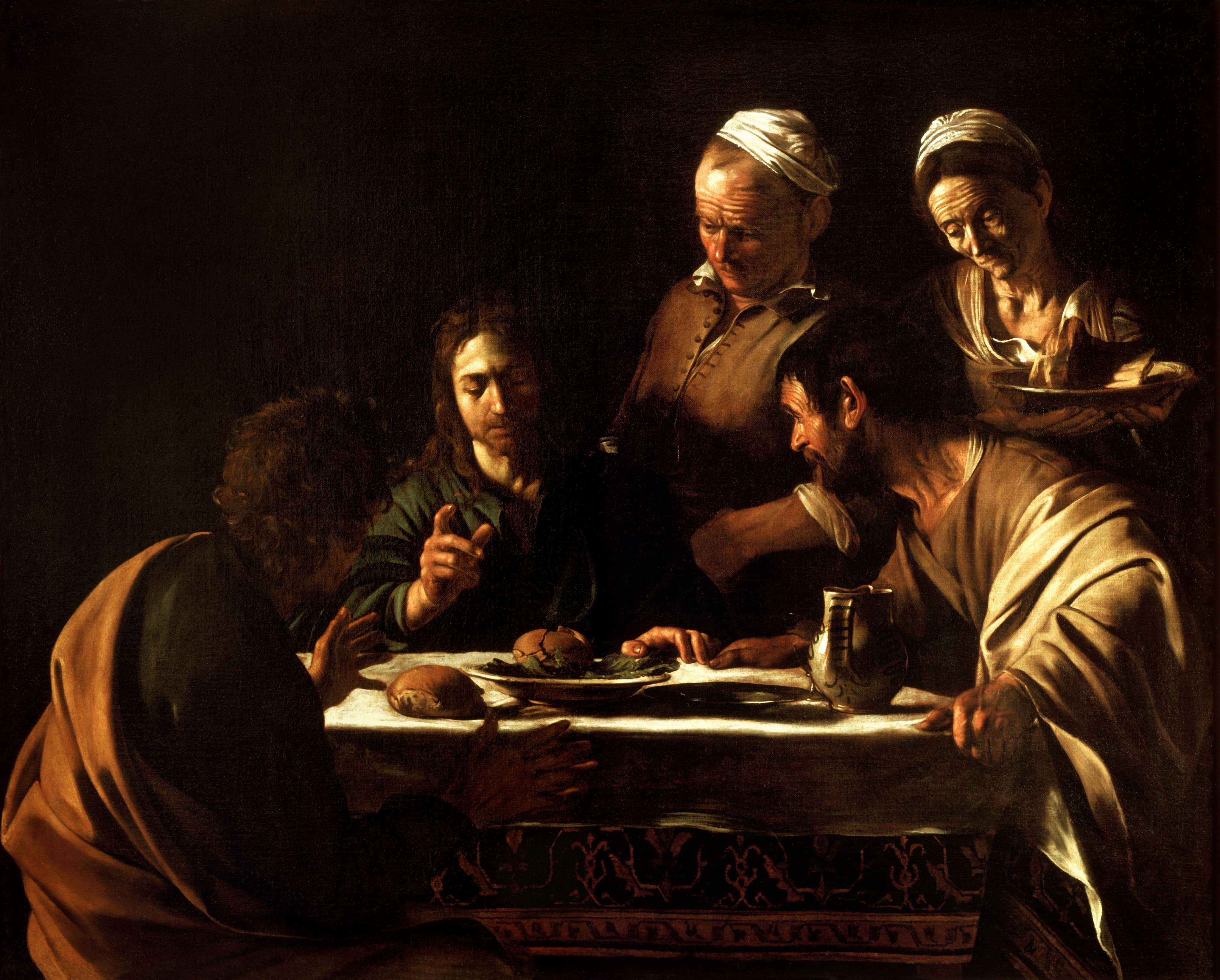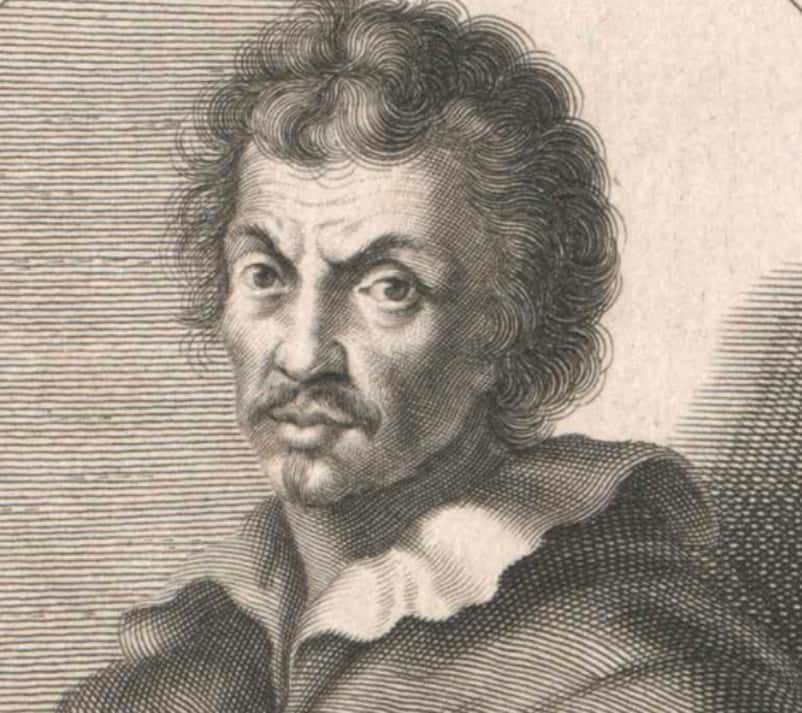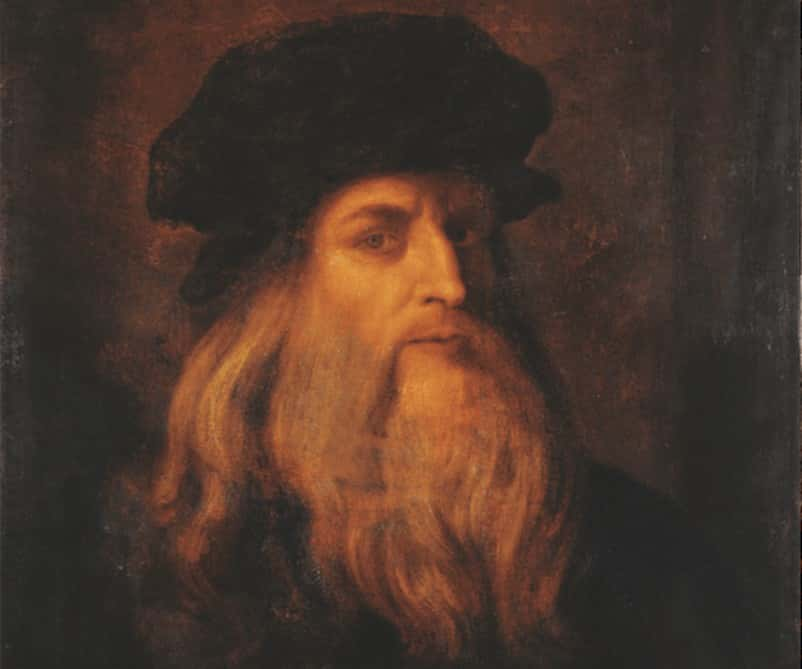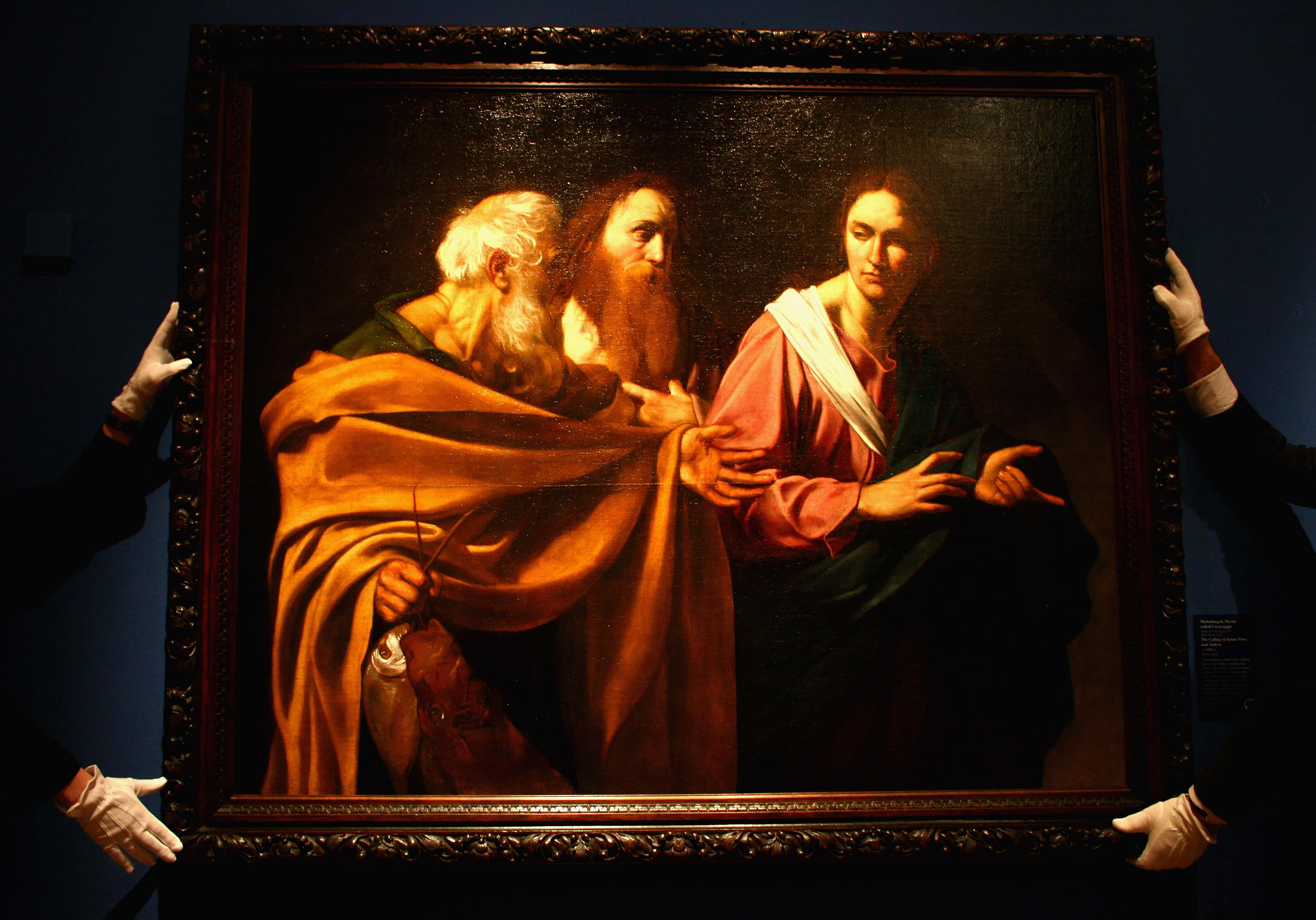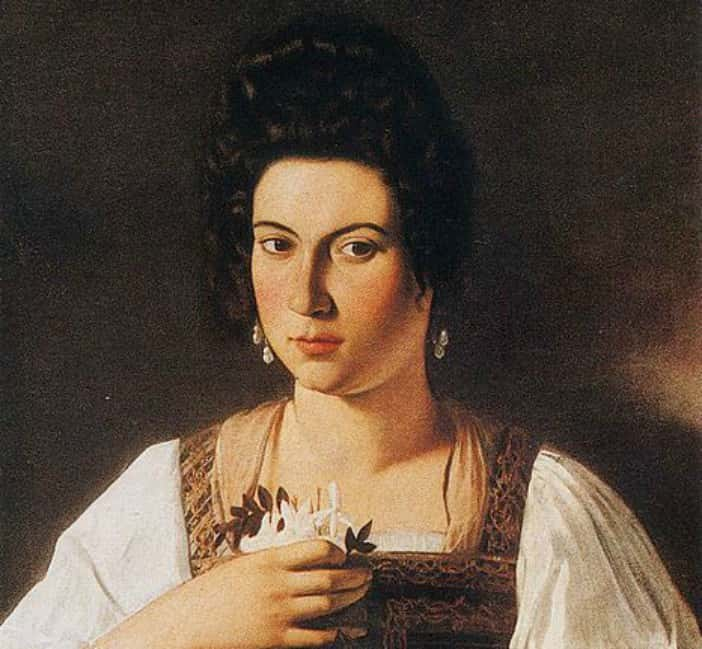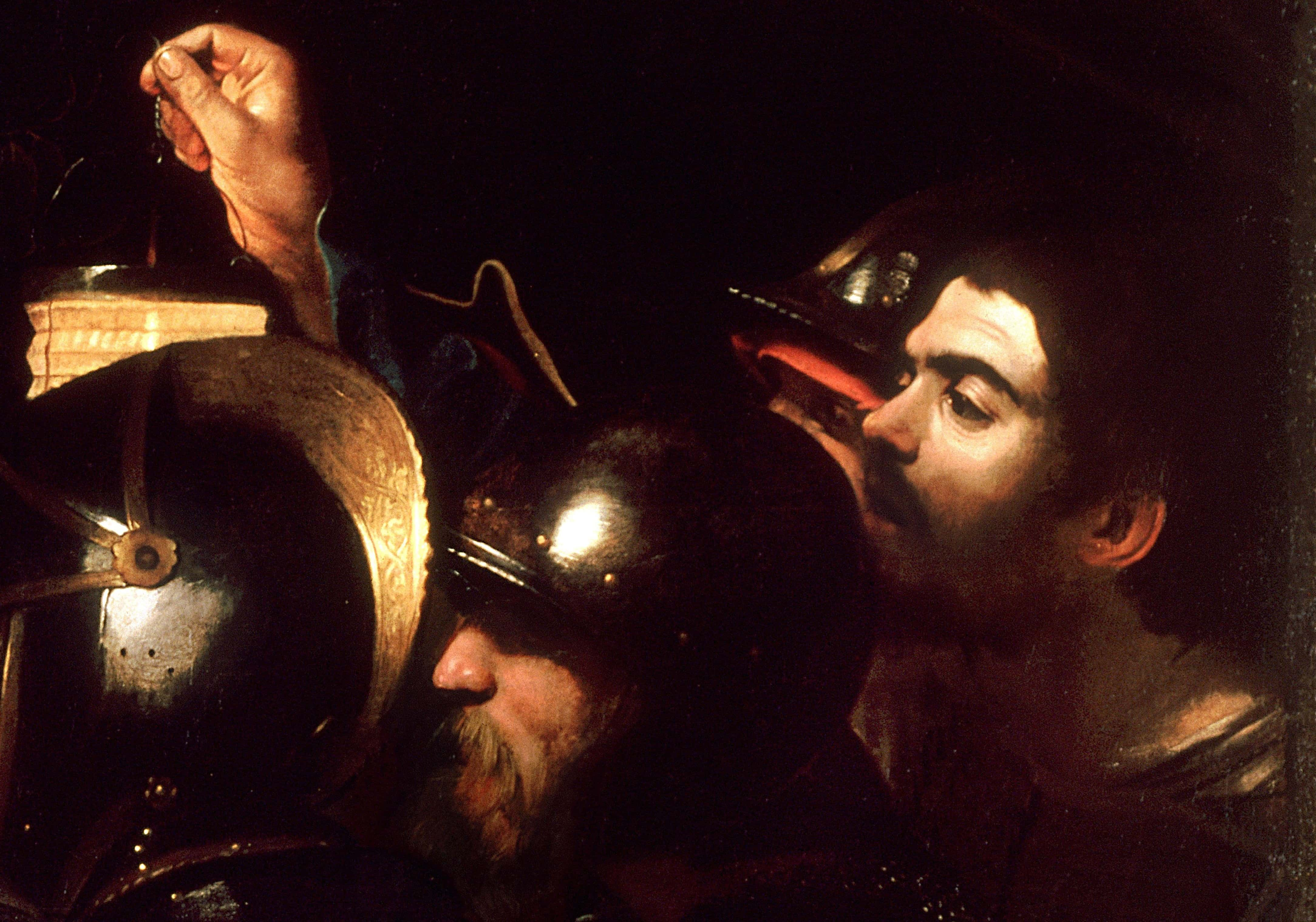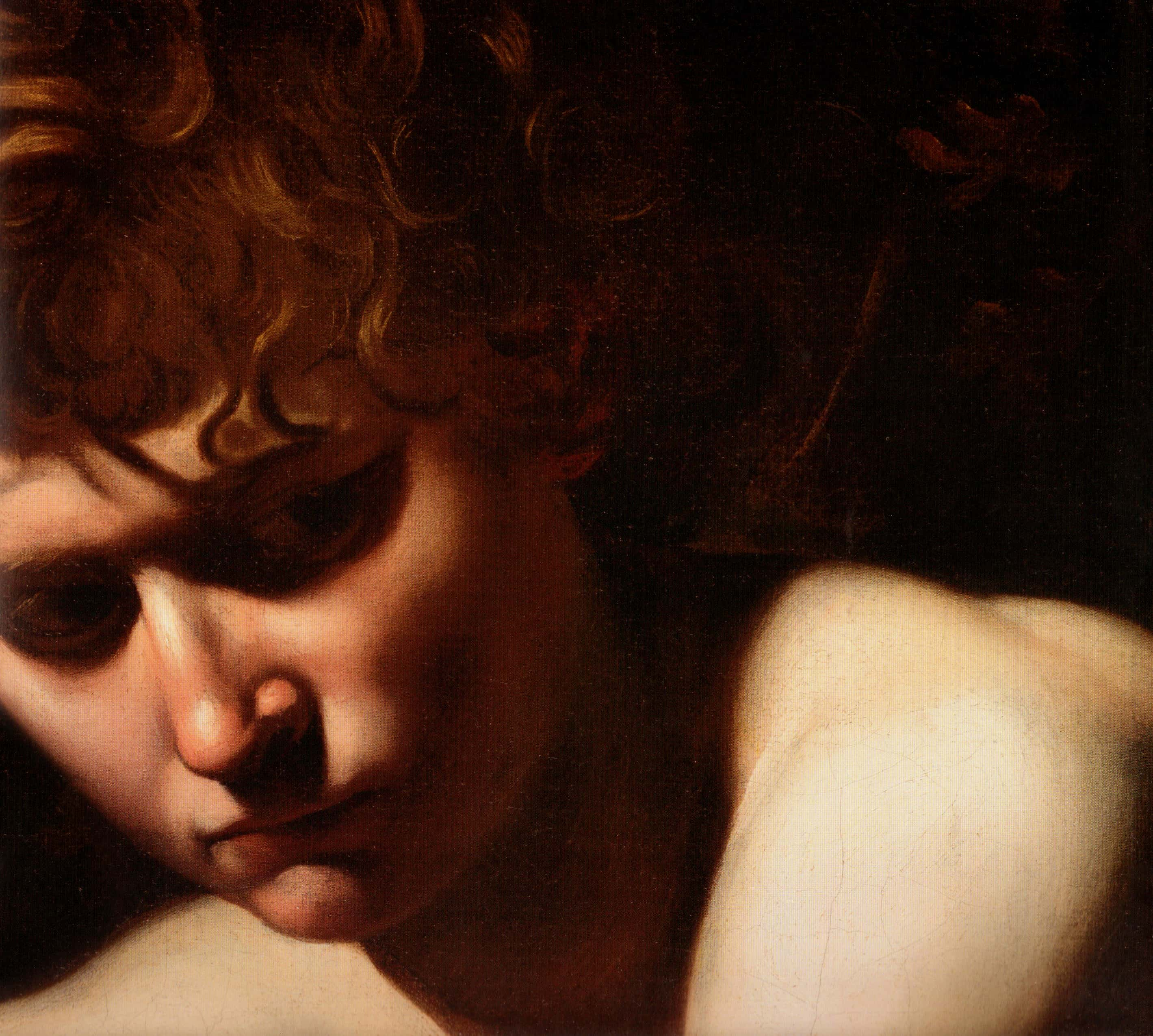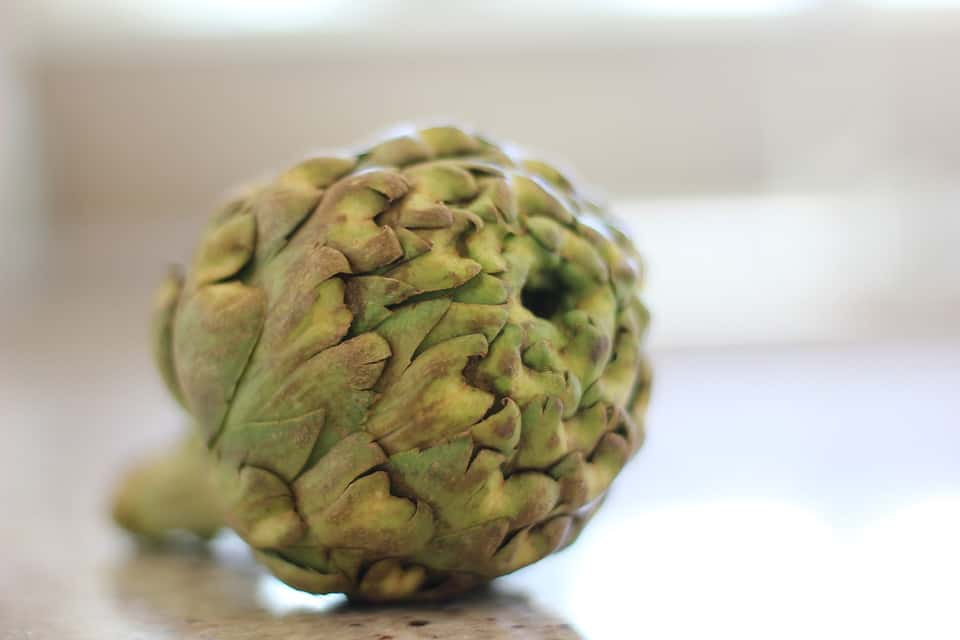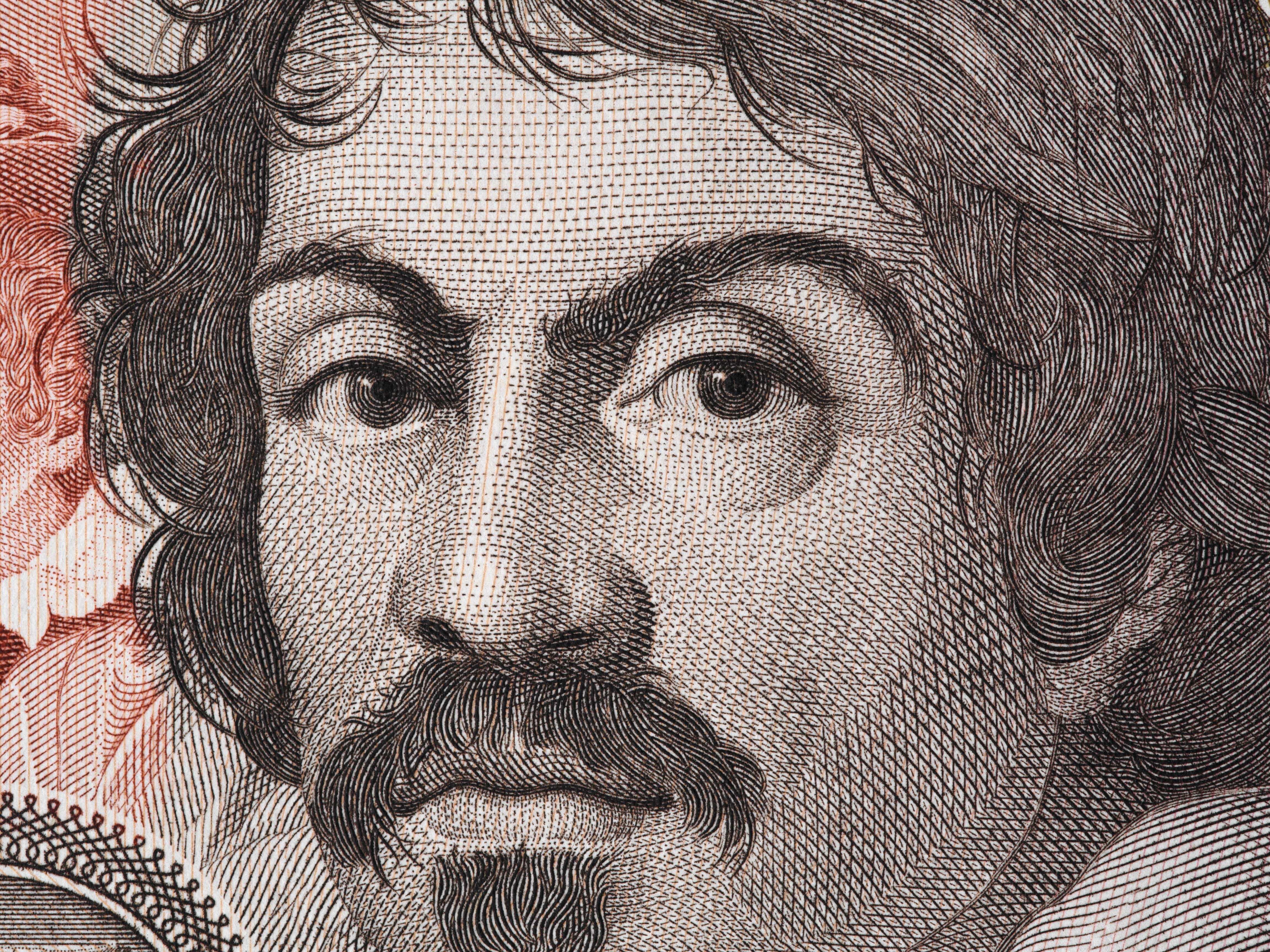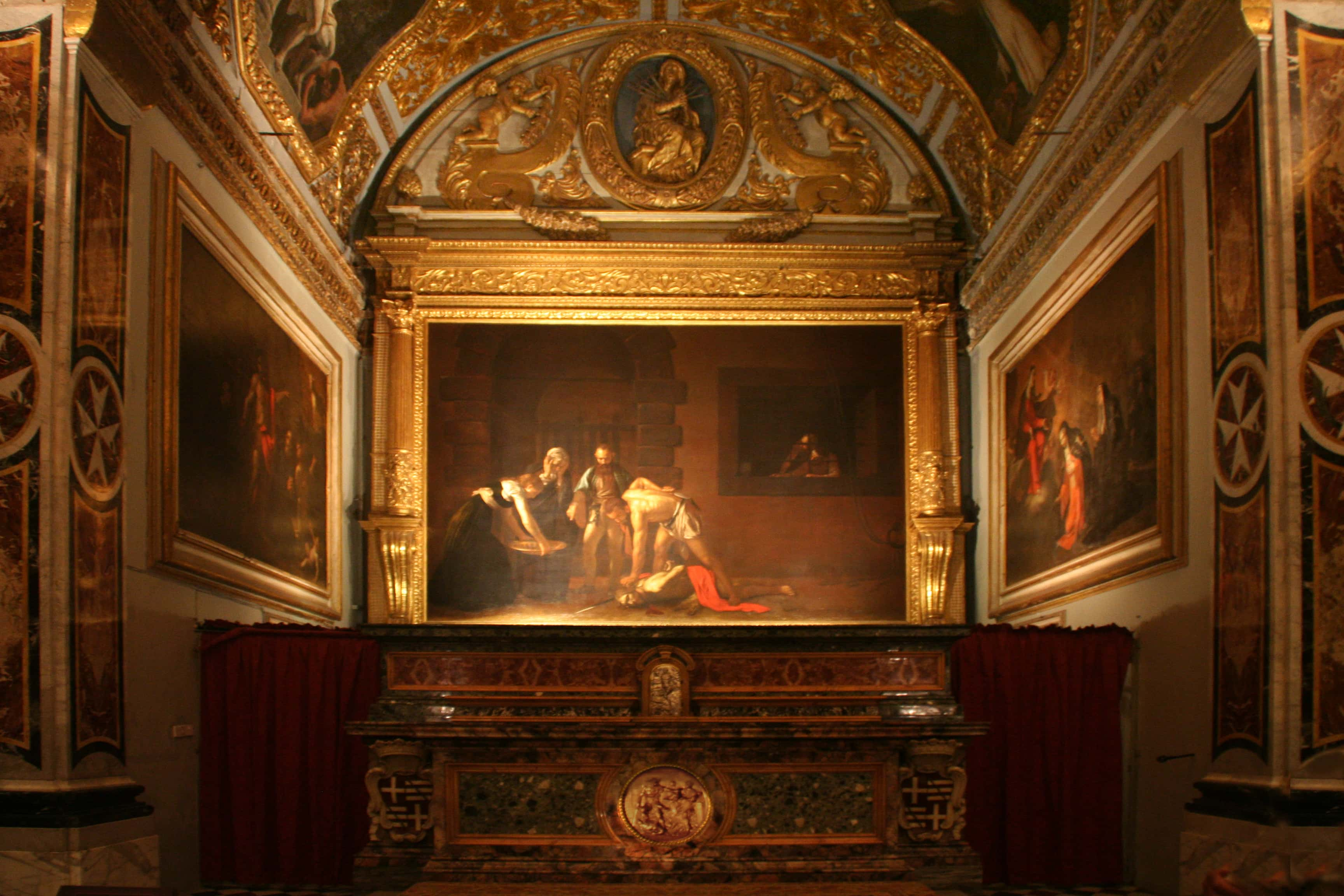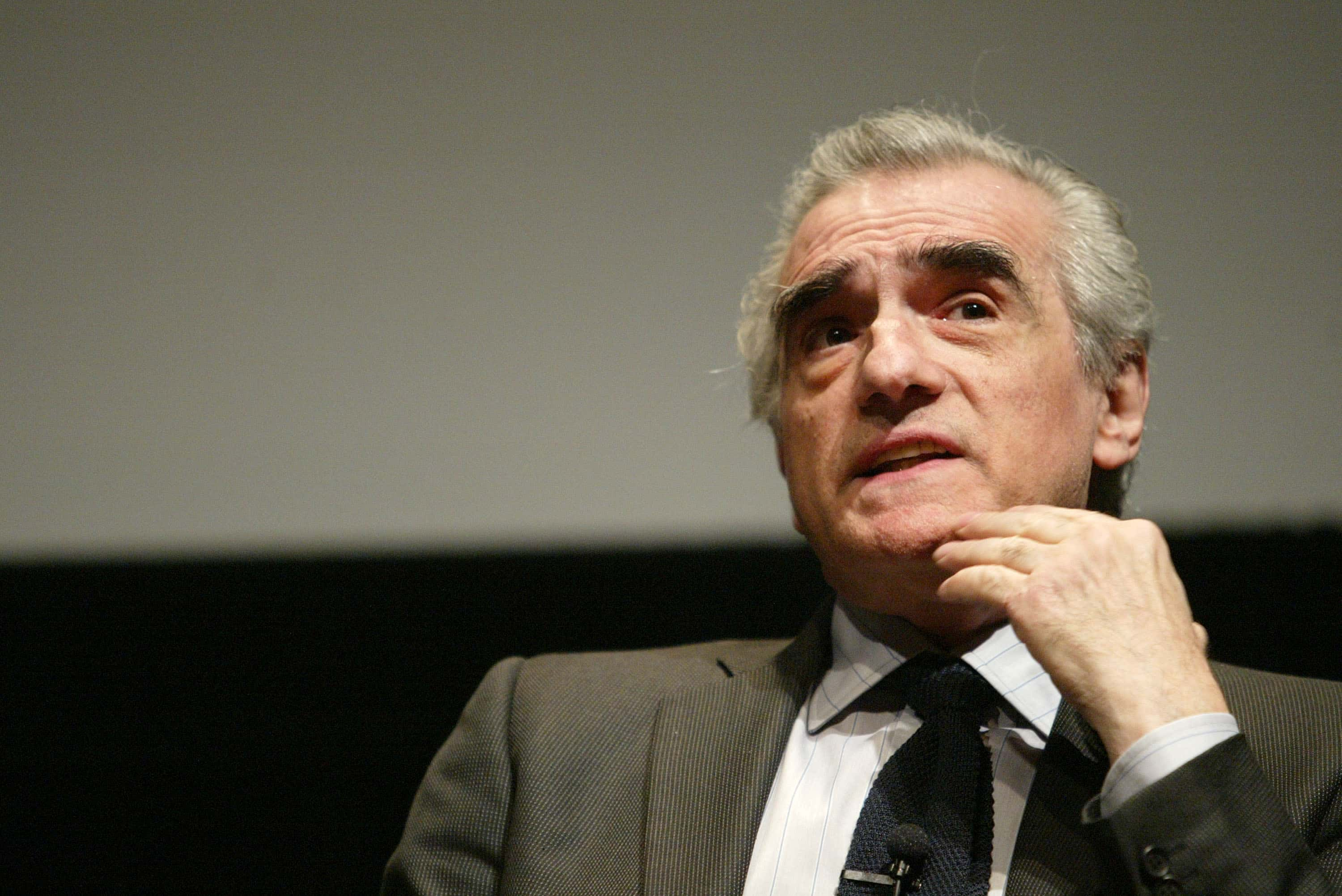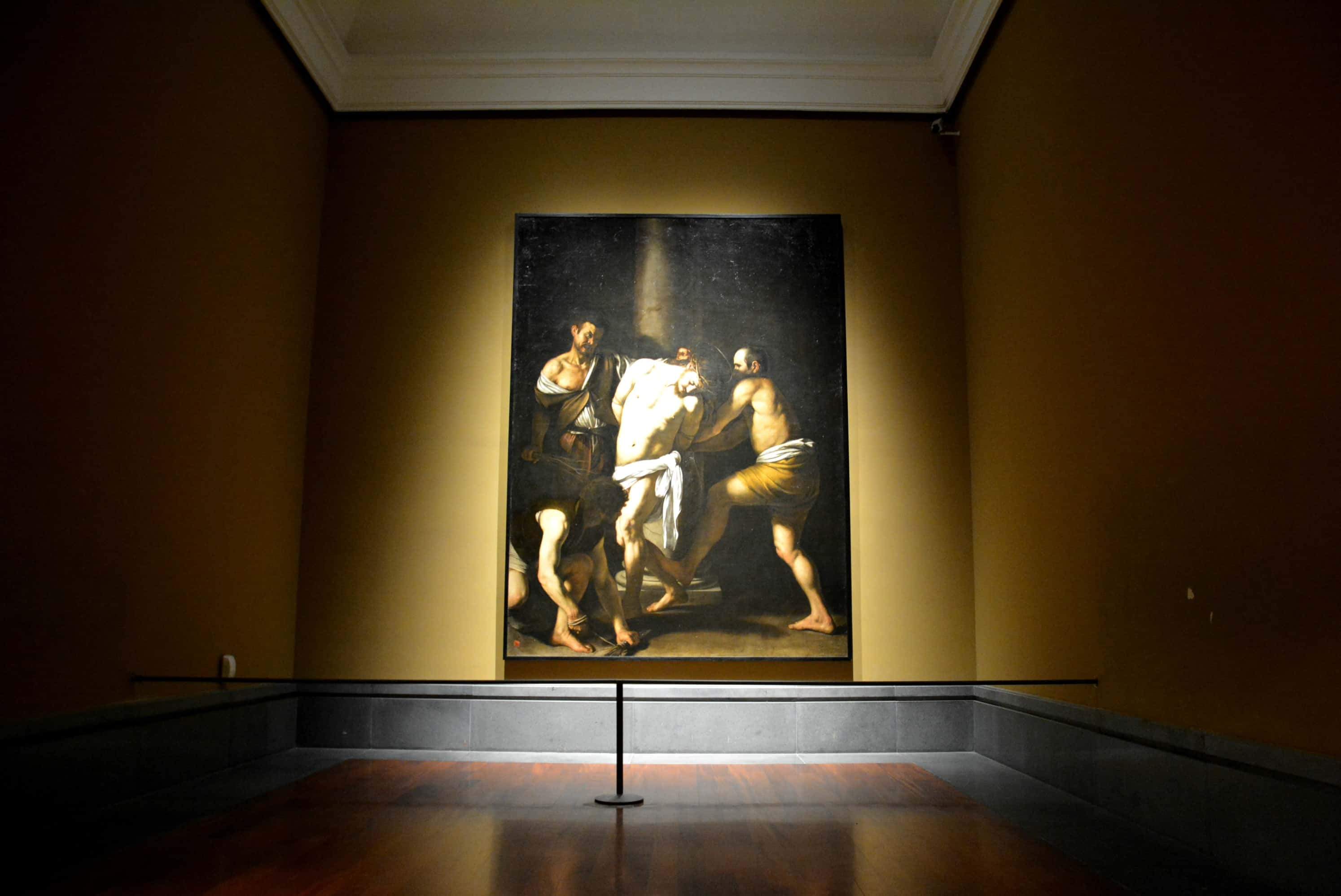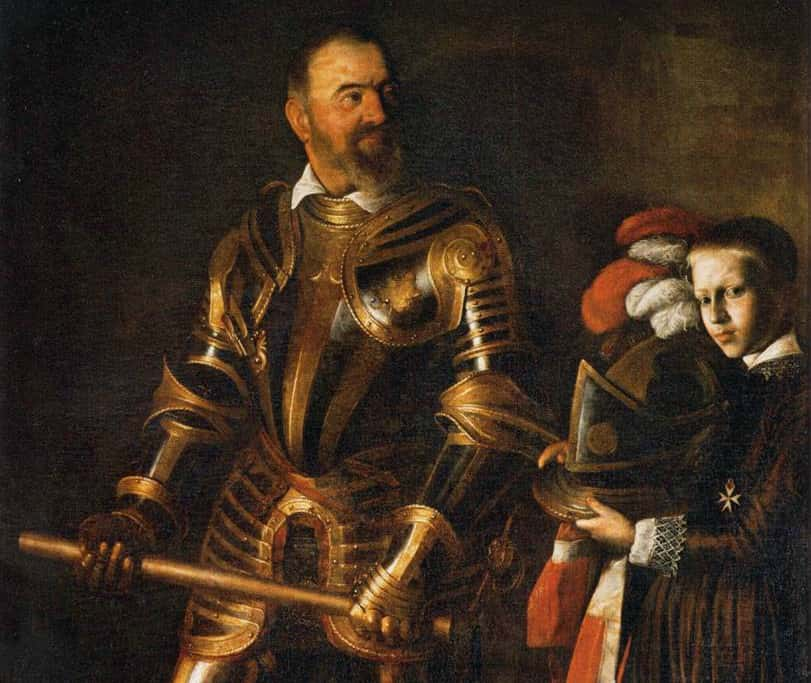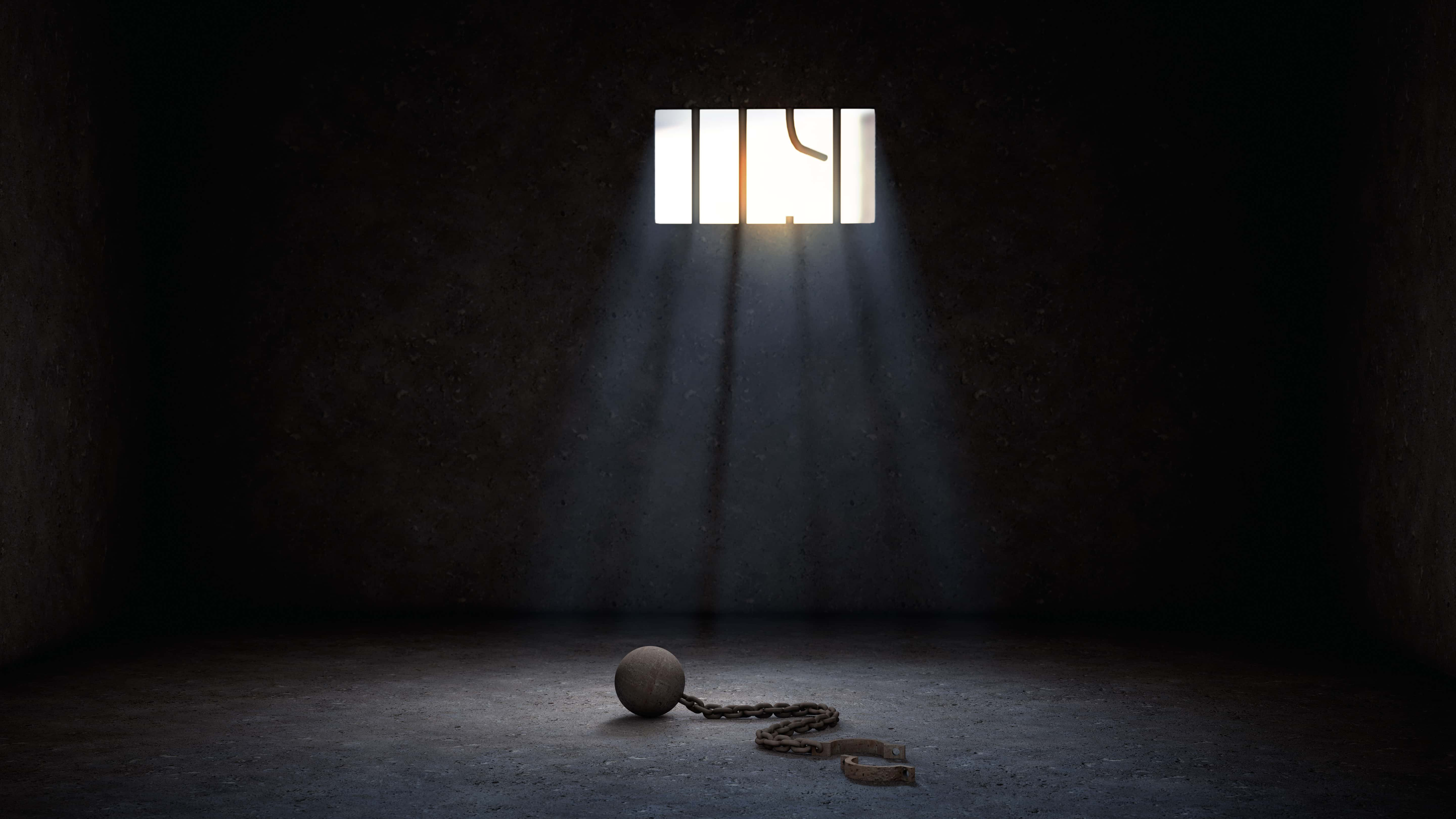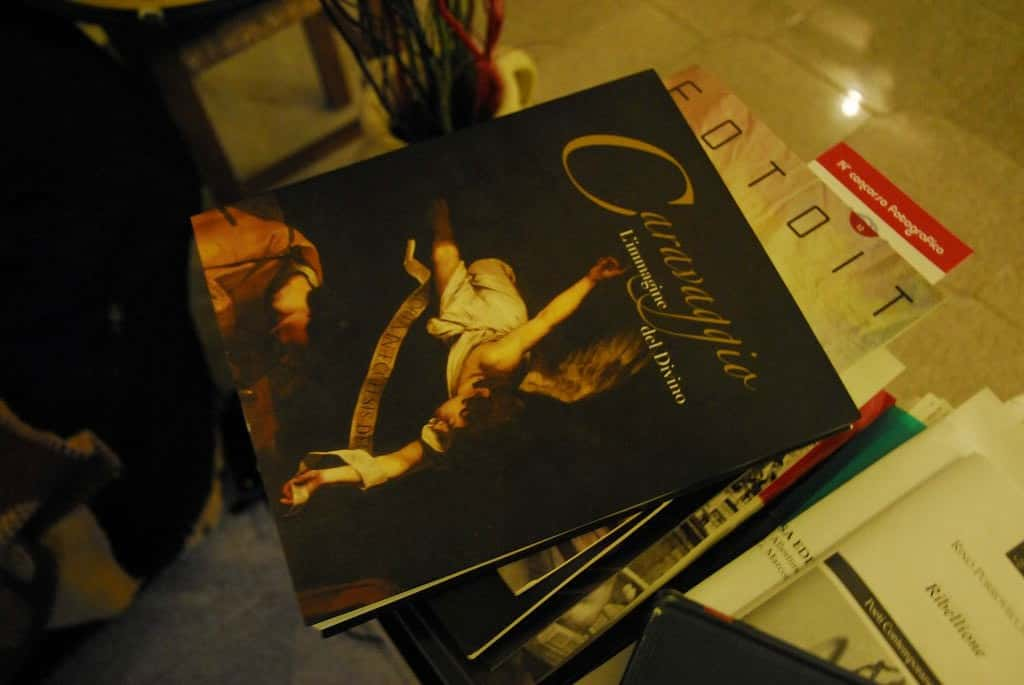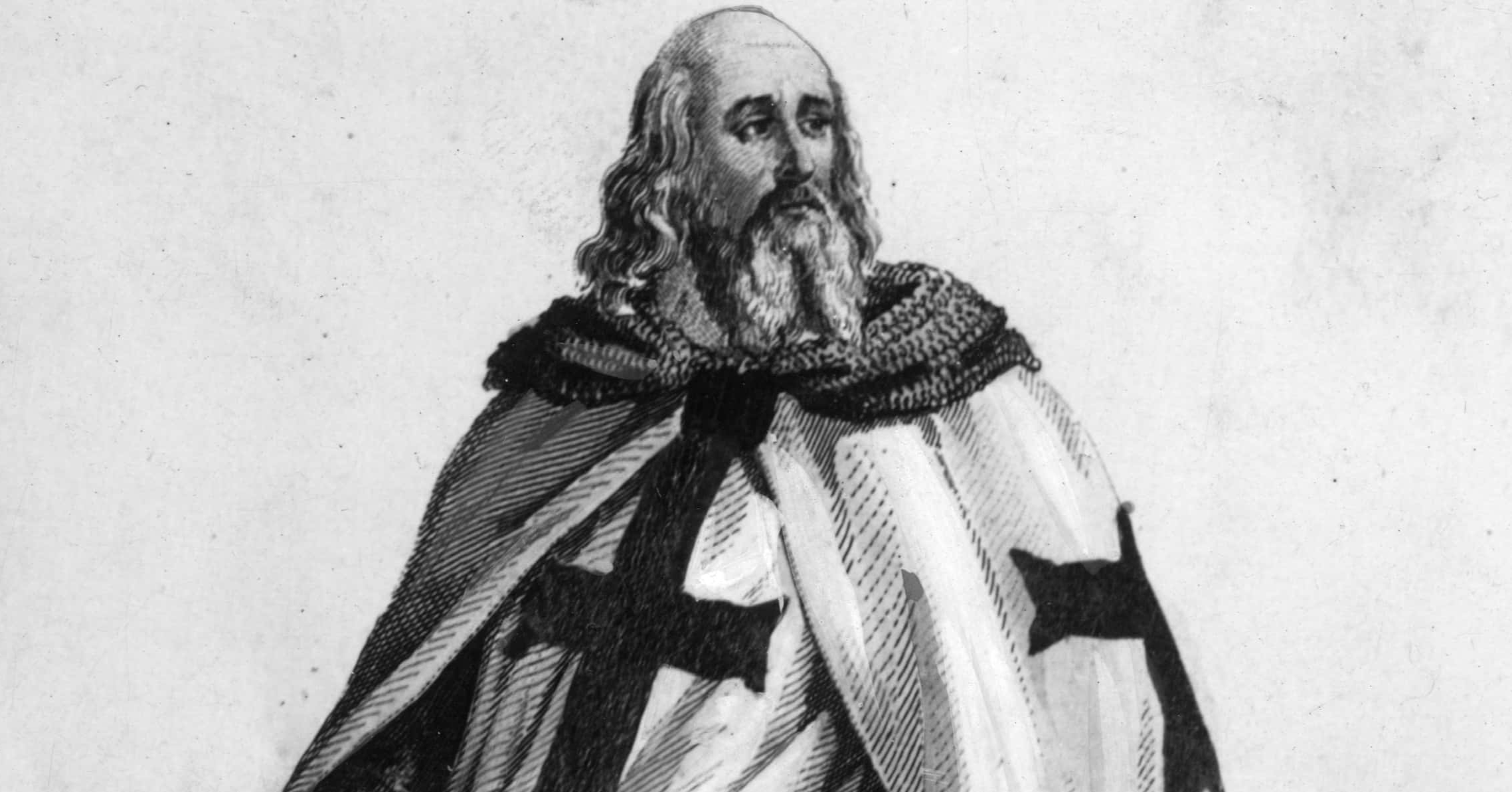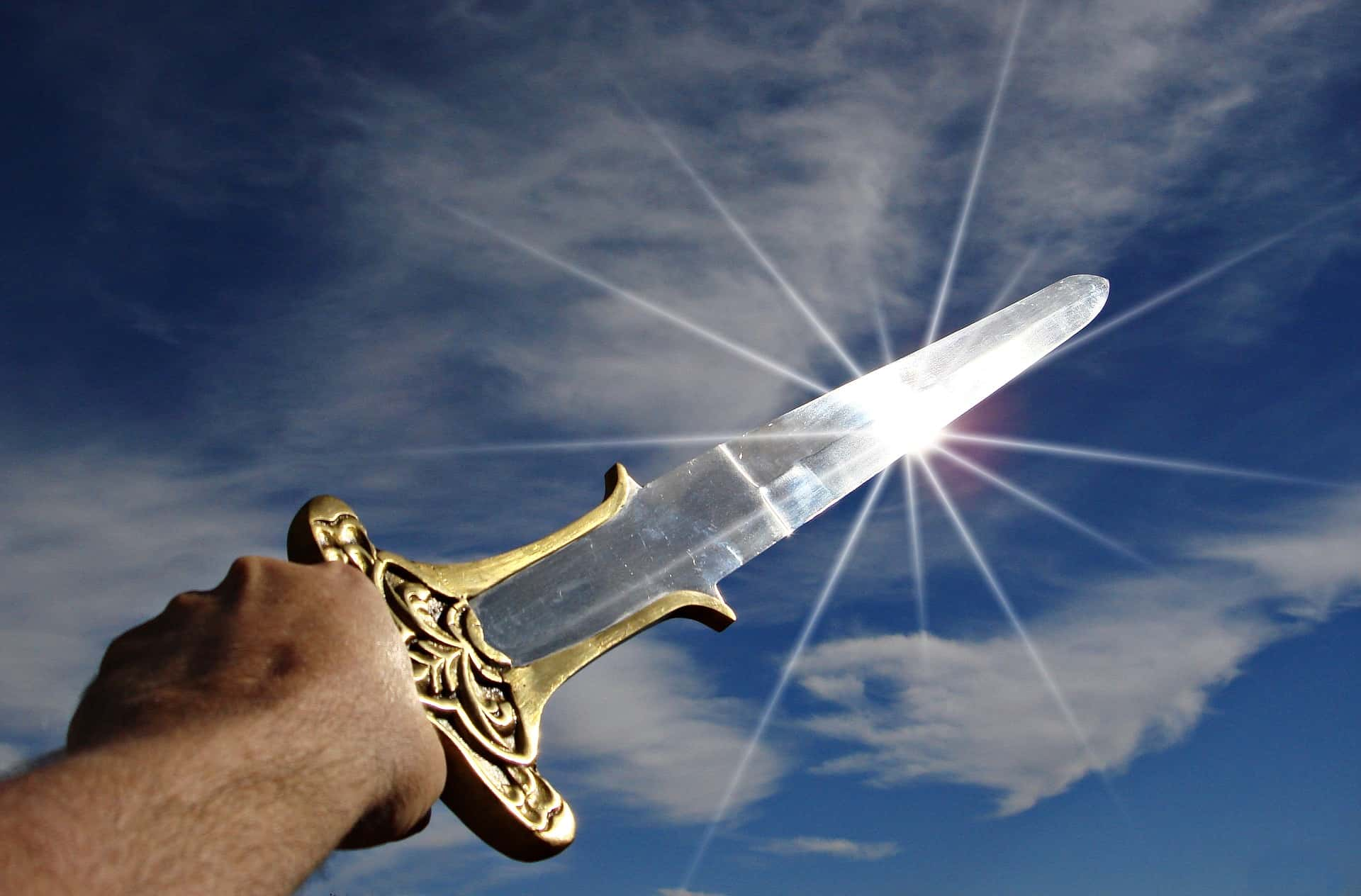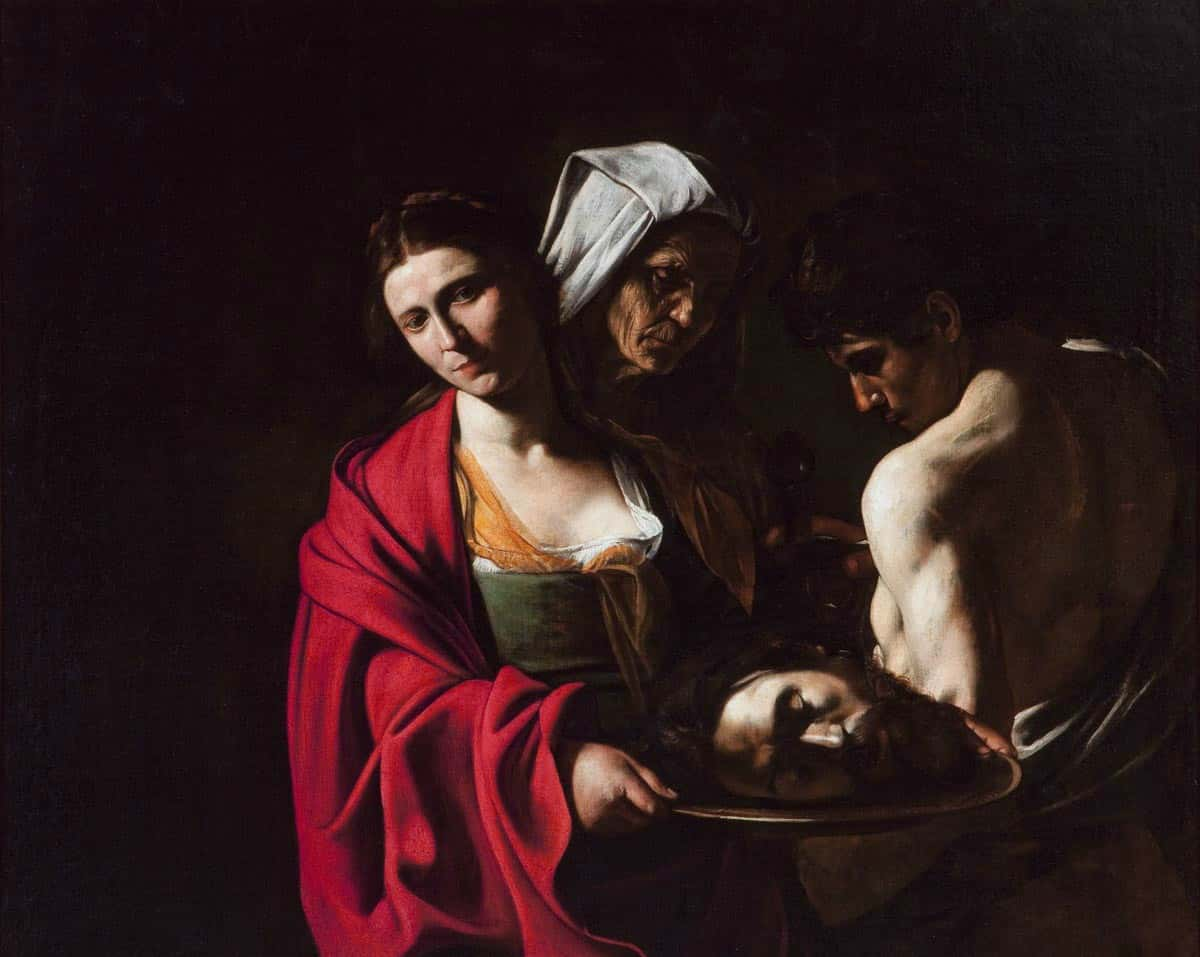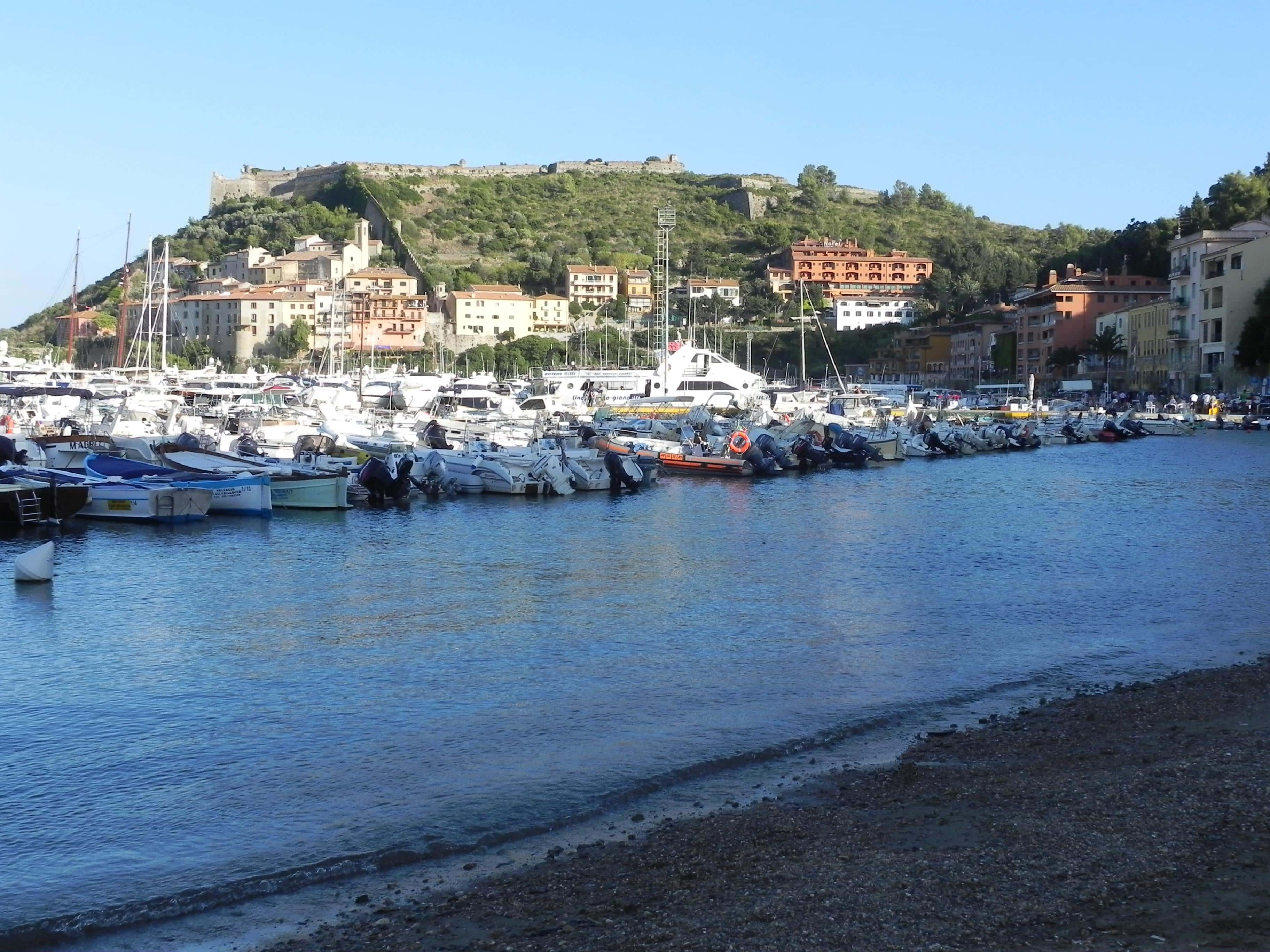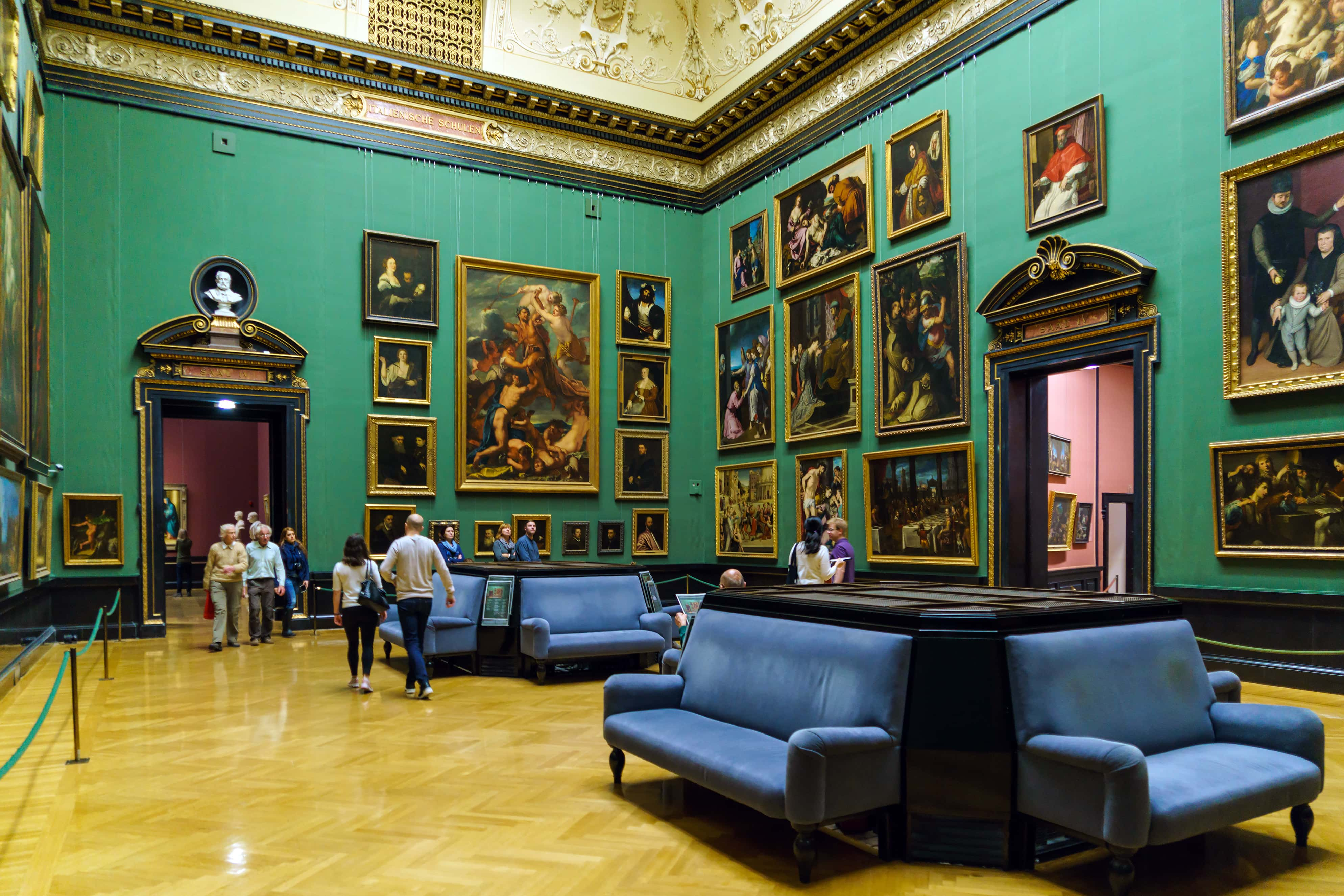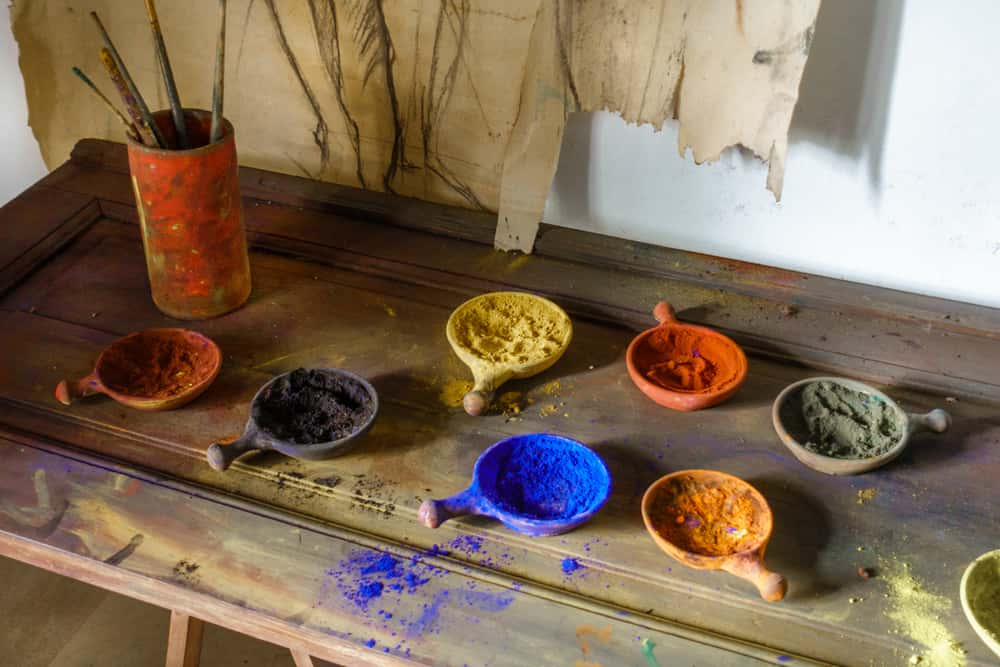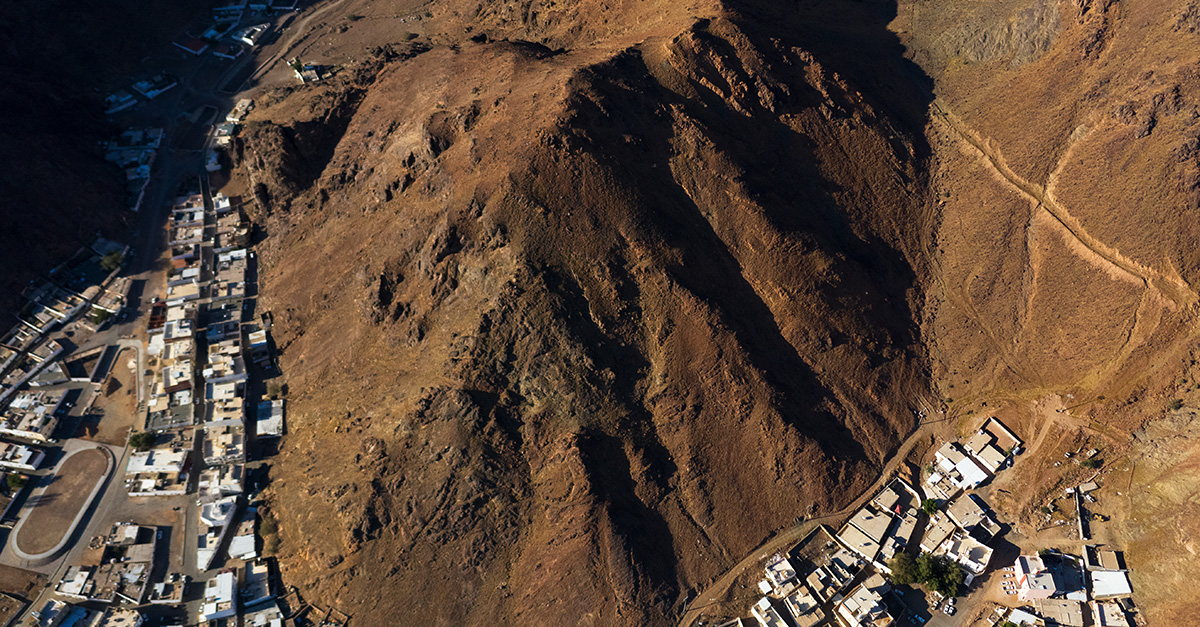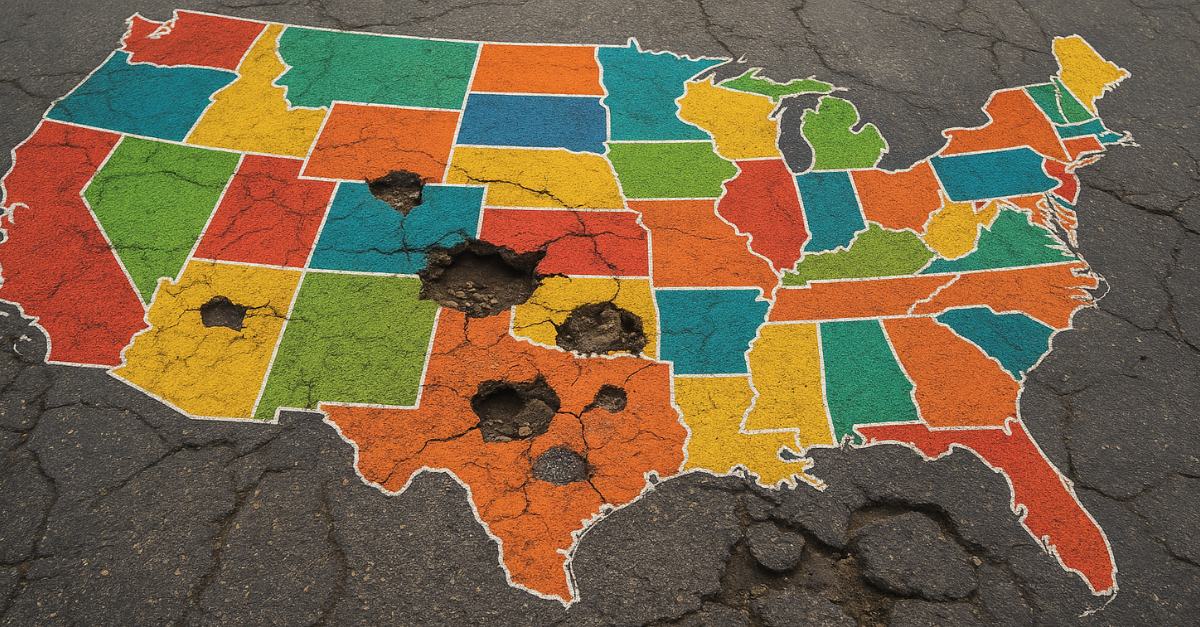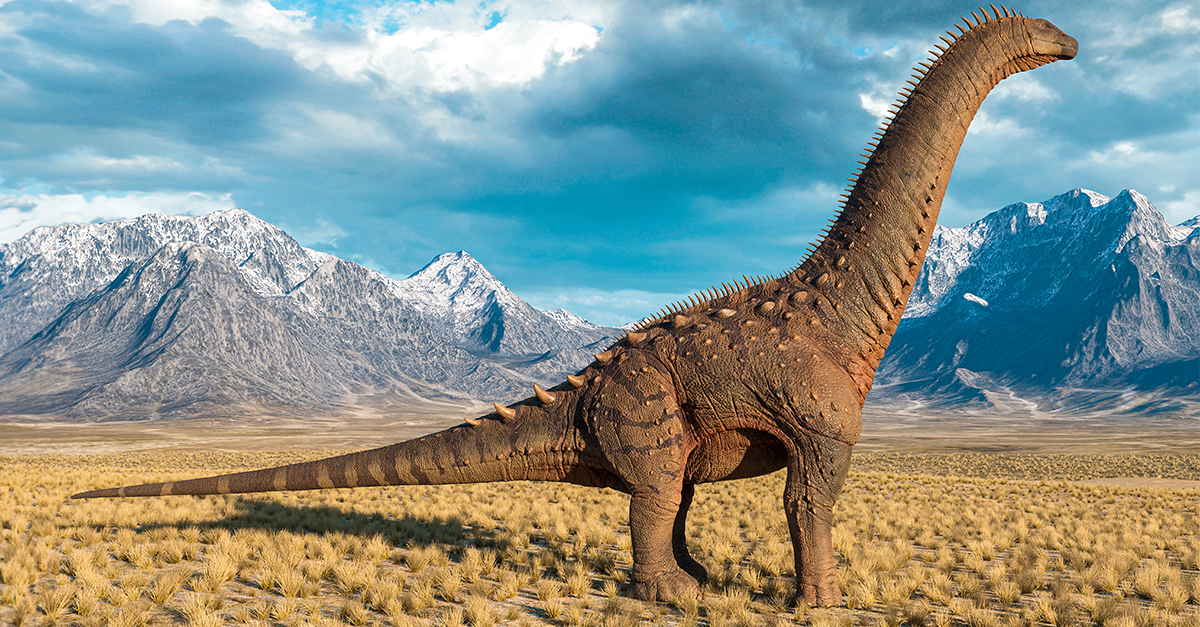He took his final breath before he turned 40, but Caravaggio still managed to produce an unforgettable body of work famous for its haunting realism and use of light. Yet behind the canvas was a volatile genius prone to fits of rage and incredible arrogance. Draw the blinds as we shine a spotlight on Caravaggio, “the most famous painter in Rome".
1. Claim to Fame
Named Michelangelo Merisi of Caravaggio at birth, the painter was the first child of Fermo Merisi and his second wife, Lucia Aratori. His name suggests that he was born on September 29, the feast day of the Archangel Michael, in 1571. Even so, Caravaggio achieved one name fame, and we tend to know him by the name of his hometown.
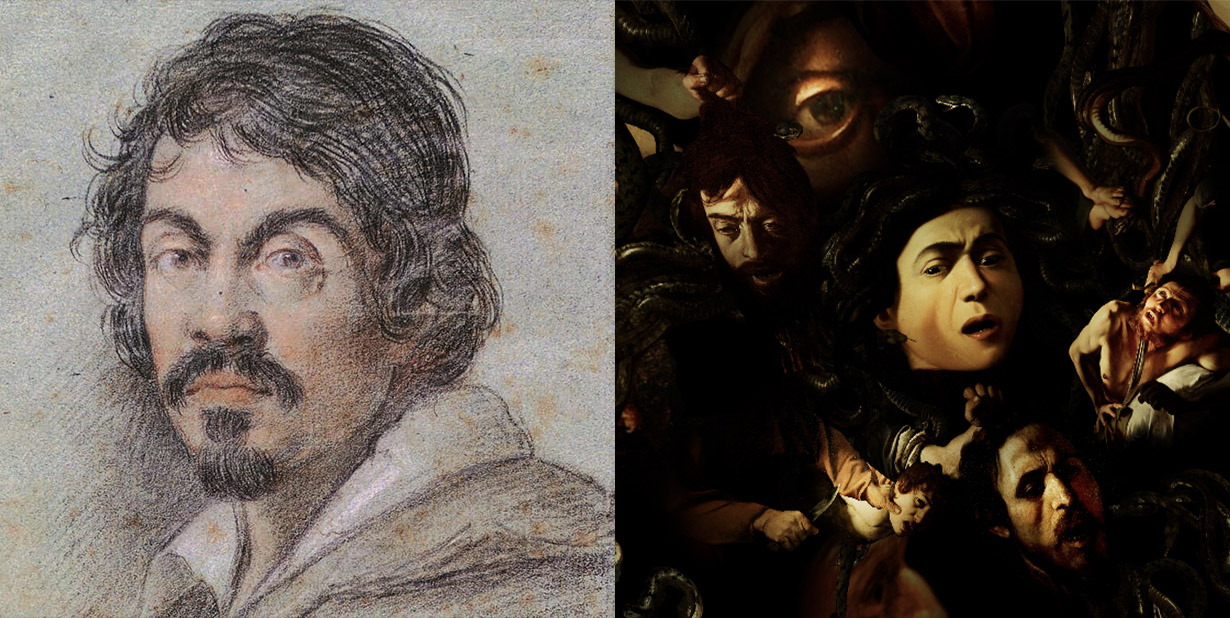
2. Words to Live by
True to his tormented artist persona, Caravaggio was always getting into trouble. He kept company with some pretty wild men, including Onorio Longhi, who was so temperamental his biographer once said he had a "head that smoked". The angry young men lived by the motto “nec spe, nec metu,” which means “without hope, without fear".
3. Royal Connections
Some speculate Caravaggio’s father was the major domo and architect for Francesco Sforza I, the Marchese of Caravaggio. However, historical records point toward a humbler background. Merisi was a stonemason, and it was actually Caravaggio’s mom whose family had connections with the powerful Sforza and his wife.
4. A Series of Unfortunate Events
In 1576, Caravaggio's family was living in Milan when the bubonic plague broke out. They tried to evade the disease by moving back to their hometown, but they couldn't escape their dark fate. A year later, the plague took the lives of the six-year-old Caravaggio’s father, grandfather, grandmother, and uncle. His mother passed away a few years later, in 1584.
Suddenly, Caravaggio had lost almost his entire family.
5. Burn Bright
Caravaggio only lived till the age of 38, yet in this short time, he created many masterpieces.
6. The Ugly Truth
Although other artists also employed realism in their paintings, Caravaggio’s brand of realism made many people uncomfortable. He left out no detail and wasn't afraid to show dirt, grime, bruises, and pocks. Quite a few times, his unhappy patrons sent back the paintings they had commissioned and asked him to redo them.
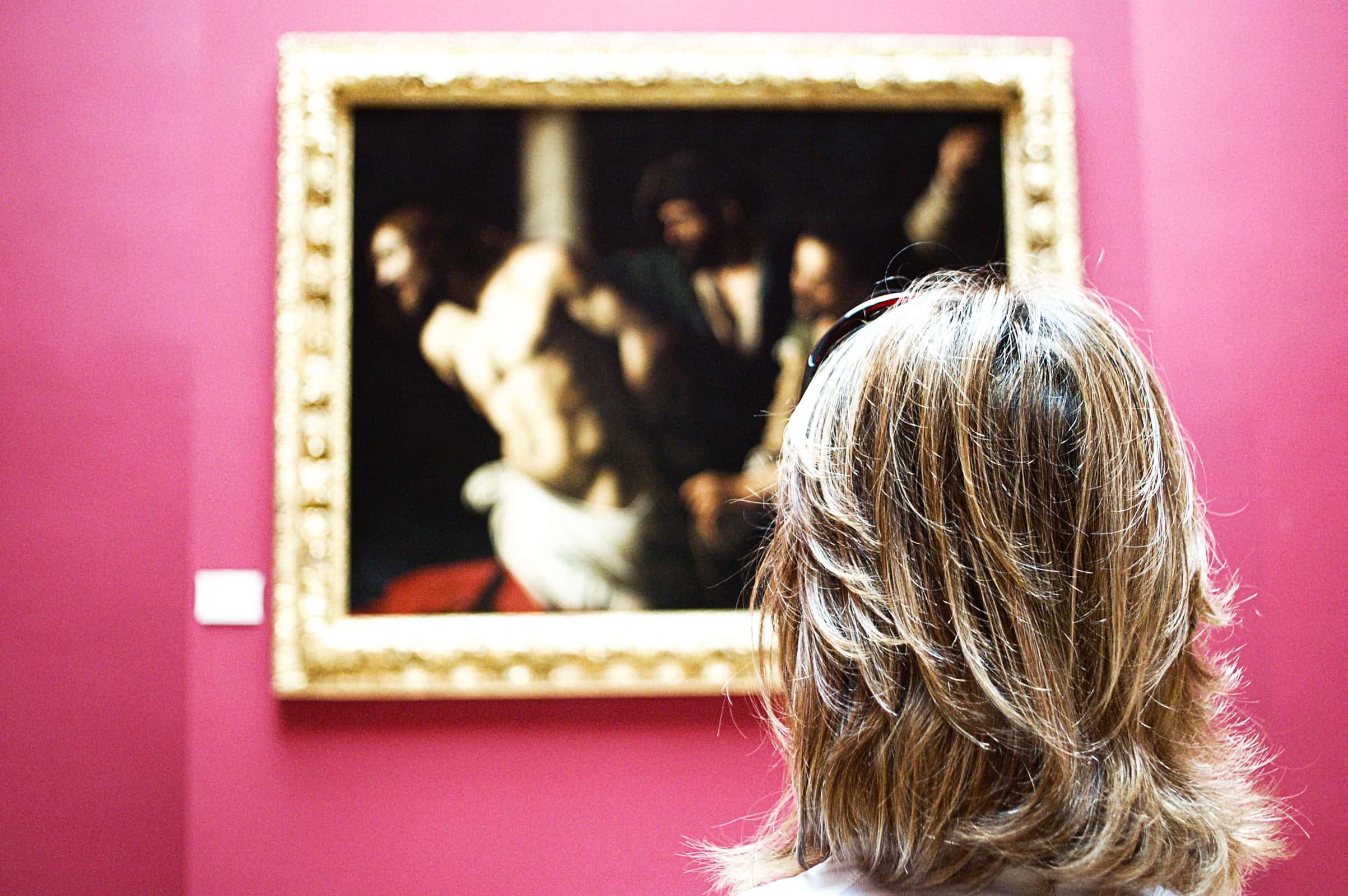 Flickr
Flickr
7. Stick 'Em With the Pointy End
Caravaggio didn't spend all his time growing weak behind the canvas; he was also a master swordsman and an expert dueller.
8. The Apprentice
In the same year that his mother passed on, Caravaggio became the apprentice of Simone Peterzano, but it was far from a match made in heaven. Peterzano was famous for his frescoes, a technique that the young Caravaggio had no interest in at all. Instead, he spent his four years as an apprentice dueling and generally making trouble.
9. The Anxiety of Influence
One of Caravaggio's greatest influences was the bad-boy Cardinal Charles Borromeo, a Milanese firebrand who believed that Catholics had lost their way and had become wicked and sinful. To overcome all this, he wanted religious art to return to its roots and to represent religious figures in a very stark and primitive manner.
Accordingly, Caravaggio's paintings have a bold simplicity, and he often modeled his paintings on lower-class subjects.
10. Sensitive Soul
If anyone even slightly criticized one of Caravaggio's paintings, he was known to rip them up in anguish.
11. The Assistant
Caravaggio often thought he was much better than the things his masters asked him to paint. When he started assisting Giuseppe Cesari, one of the Pope's favorite artists, Cesari demanded he only paint an assembly line of decorative borders of fruit and flowers. For the restless Caravaggio, this was nothing more than busywork, and he detested it.
12. Ciao Milan
In 1592, Caravaggio fled Milan under dark and violent circumstances. Though evidence is scant, historians believe he had a fight with a law enforcement officer, either wounding or even slaying him. Understandably, the volatile artist had to get the heck out of dodge as fast as he could, and he sought safe haven in Rome.
13. Copy Cat
Some historians believe Caravaggio visited Venice either while apprenticing with Peterzano or right after. His early works display some influence of the paintings of Giorgione and Titian, which he must have seen there. One fellow artist even accused Caravaggio of copying Giorgione.
14. Oh, These Old Things?
In order to prove to his master Giuseppe Cesari that he had a lot more in his wheelhouse, Caravaggio tossed out two masterpieces under Cesari's nose: the famous Boy With a Basket of Fruit and Self-Portrait as Bacchus. These nostalgic, sweet works showed Cesari that he was capable of painting more than just fruits and flowers.
15. Model Boy
One of Caravaggio's most frequent models was his friend and companion Mario Minniti, a young Sicilian boy. Minniti is the titular boy in Boy With a Basket of Fruit, and Caravaggio worked hard to realistically portray the elements of the painting, from Minniti's skin to the fruit he holds. In fact, a professor of horticulture from Purdue University even claims the fruit looks almost completely real.
16. Roman Salad
Once Caravaggio fled Milan for Rome, his nightmare was just beginning. He arrived “[unclothed] and extremely needy” without a place to live and with hardly any money on him. For a short period, he worked for a priest of St. Peter’s Church, Pandolfo Pucci, whom he called “Monsignor Insalata,” or Mr. Salad, because that's all the miser gave him to eat.
17. The Struggle Was Real
Caravaggio eventually struggled to keep himself afloat working for more established masters, and decided to branch out on his own and paint directly for the general public.
18. Patron Saint
After a brief fallow period, Caravaggio finally hit the big time. The powerful Francesco Cardinal Maria del Monte saw some of his paintings and decided the promising artist was good enough for his patronage. He also gave Caravaggio a place to stay, encouraged him to paint as much as he could, and introduced the painter to his wealthy inner circle.
19. Don't Mess With the Medicis
Del Monte was also an ambassador for the infamous Medicis. For them, Caravaggio painted his most original paintings at the time: Bacchus and Medusa.
20. Erratic Outbursts
Especially during his wild last years, Caravaggio developed some extremely disturbing habits. He was continually paranoid that his enemies were chasing him, and took to sleeping armed and in full armor. Even his good friend Mario Minniti once described him as "extremely crazy". Hey, what are friends for, right?
21. Rare Treasures
Sadly, only 50 of Caravaggio's paintings survive in their original condition.
22. Famous and Fabulous
Caravaggio gained renown for his ability to paint masterpieces directly onto his canvas without making any preparatory drawings, leading many to call him an artistic visionary. During the height of his career, he earned the title of “the most famous painter in Rome".
23. Technically Talented
Caravaggio had many admirers, but he also had many haters. People called his work "grotesque" for his dramatic lighting, attention to detail, and extreme realism. Today, we have another word for that: Baroque. Modern art historians now see the great Caravaggio as an early pioneer of the excessive and bold baroque style.
24. So Long Cesari
According to lore, Caravaggio's split from his master Cesari was explosive and dramatic. They allegedly had a nasty argument that ended with Caravaggio getting kicked by a horse and ending up in the hospital for a short while. Sounds like a pleasant man, this Cesari fellow. Then again, it's not like Caravaggio was an angel...
25. Legacy
Caravaggio is considered the most modern of the “Great Masters". Fellow masters include geniuses like Leonardo da Vinci and Rembrandt.
26. Teenage Fan Club
During Caravaggio's time, his fans and followers were so wild about him that they even had a name for themselves: “Carravagisti".
27. Model Behavior
Does it surprise you to know Caravaggio mixed business with pleasure? He frequently painted his friend Cecco di Caravaggio, a handsome young man and painter himself, and the two may have been lovers. The famed artist didn't discriminate, though. He also enjoyed the company of many female courtesans, including another one of his subjects, the dark-eyed beauty Feillide Melandroni.
28. Fatal Error
In May 1606, the hot-headed Caravaggio committed an utterly unforgivable act. While living in Rome, he got into an argument with a young man named Ranuccio Tomassoni and ended up in duel. Caravaggio was terrifyingly good at swordplay—too good, in fact. He beat down Tomassoni and struck him in the thigh, ending his life.
29. How Much Is Too Much?
Caravaggio was so talented, he even invented an art technique. He frequently used "chiaroscuro" in his paintings, which is a play of light and dark. But his shadows were so intense that many claim he further invented "tenebrism," an even more dramatic form of chiaroscuro.
30. I'll Arti-Choke You
In one of his more bizarre tantrums, Caravaggio angrily threw an artichoke into a waiter's face.
31. Dial M for Murder
After Tomassoni's demise, Caravaggio was suddenly a wanted murderer. He fled the city, and Rome outlawed him from its limits, giving him a capital sentence in absentia. This meant that anyone in the papal states could kill now Caravaggio in exchange for a reward. Not exactly the best situation for the paranoid painter to be in.
32. Low Blow
Ending Tomassoni was bad enough, but Caravaggio may have had even darker motives than murder. Because the artist struck his victim in the thigh, some historians believe he was actually ruthlessly aiming to wound the man's private area. That's right, Caravaggio made a botched castration attempt and ended up killing a man. History: You can't make this stuff up.
33. Macabre Calling Card
Despite his healthy ego, Caravaggio almost never signed his works, at least the ones we know of. The only work he ever signed was one of his most famous: Beheading of Saint John the Baptist. Gruesomely, he stylized the signature as the blood coming out of Saint John's throat. His holiness John would very much like to be excluded from this narrative.
34. Ready for My Close-up
Caravaggio continues to have high-profile fans to this day. Director Martin Scorsese cites the artist as an influence on his moody films, and art historian David Hockney even credits the painter for having “invented Hollywood lighting” with nothing more than a mirror, lighting, and a dark room. Not too bad, Caravaggio, not too bad.
35. Life Story
Caravaggio’s art changed as his life did. Initially, he painted still-lifes, self-portraits, and small scenes to earn a living. The backgrounds were neutral, and the proportions were sometimes off. When he gained fame, his paintings became more ambitious, and as his troubles deepened, the paintings took on dark, unsettling subjects and colors.
36. Chivalry Is Dead
By 1608, Caravaggio was working for the powerful Knights of Malta. Now, you may think this cushy job meant Caravaggio left his troubled past behind him, but you'd be so, so wrong. That summer, Caravaggio had yet another fight—this time with one of the knights. Not a smart move, and his employers quickly threw the self-destructive madman into their most high-security prison.
37. The Great Escape
You have to hand it to Caravaggio, though, the man was nothing if not resourceful. Believe it or not, he managed to escape his prison, a feat many thought was impossible. Somehow, he slipped past the guard, climbed the ramparts, and heaved himself down into a waiting boat below. It might be cliched, but it’s true: Where there’s a will, there’s a way!
38. When I’m Gone
Although he was very famous while he was alive, Caravaggio was all but forgotten soon after his passing. Part of this is because he never formally outlined his philosophies about art or created a workshop to spread his techniques. However, his early biographers, many of them rivals, also dismissed Caravaggio and depicted him as an unstable person with little talent.
Except now Caravaggio is famous, and they aren’t. In the end, he had the last laugh.
39. Nothing to Me
When Caravaggio escaped his noble prison, the Knights of Malta burnt his effigy and declared that he was “expelled and thrust forth like a rotten and diseased limb from our Order and Society". Err...I guess they didn’t want him back then.
40. Final Clash
By 1609, Caravaggio's dark past came back to haunt him. In October of that year, one of his many enemies—very likely from the Knights of Malta—attempted to kill the artist in Naples and ended up savagely disfiguring him. His facial wounds were so intense that many people in Rome heard that he was actually deceased.
41. Heads up, I'm Sorry
While Caravaggio was recovering from his wounds, he painted possibly his most famous work, Salome with the Head of John the Baptist (Madrid). In the work, Caravaggio literally offers up a depiction of his severed head on a platter, mirroring his own real-life contrition. He later sent it to the Knights of Malta as a macabre apology.
42. This Is the End
In the summer of 1610, the itinerant artist set out for Rome, hoping to land on another stroke of good luck. Sadly, he was doomed to a heartbreaking end. He never even made it to the capital, and passed away suddenly and mysteriously in Porto Ercole, Tuscany.
43. Rumors
For years, people debated about what ended the great Caravaggio. He had a fever when he passed on, but the hard-living artist could have had any number of ailments, from malaria to syphilis—not to mention his many violent foes. But in 2010, we finally got answers. Tests of his remains reveal that he likely succumbed to injuries sustained in (what else?) a brawl.
44. Color Me Mad
Some historians argue that Caravaggio's volatile behavior has a chilling explanation. According to experts, his aggression and mental instability could have been the result of lead poisoning, which often causes these erratic symptoms. After all, lead was a common ingredient in paints at the time.

